Núria Aquilué
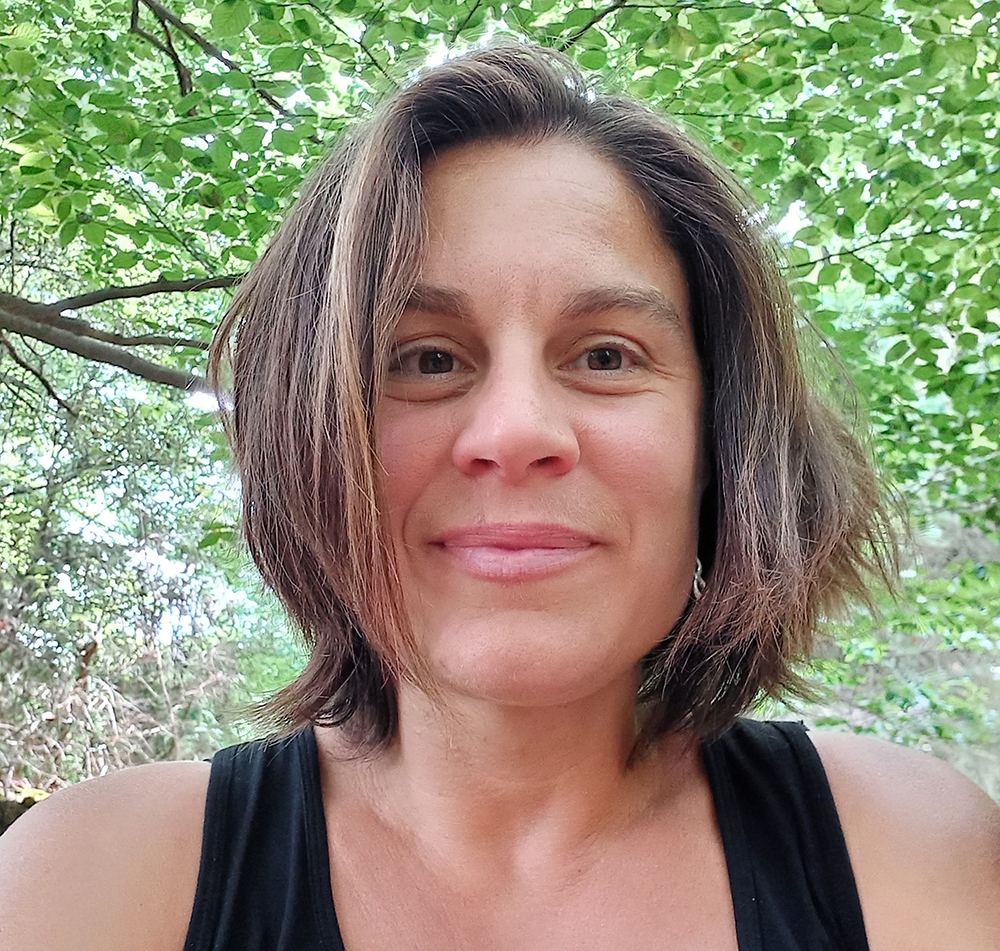
Núria Aquilué is a post-doctoral research fellow at the Forest Sciences Centre of Catalonia (Spain) and associated with the Centre for Forest Research (Canada). Dra. Aquilué received her PhD in Environmental Sciences at Université du Québec à Montréal in 2018. Her research focuses on exploring landscape-scale management strategies to improve forest ecosystem resistance and resilience to global threats. She has developed a demonstrated experience in designing, developing, implementing, and using forest landscape dynamics models integrating multiple drivers of global change.
Michele Bozzano

Michele Bozzano is the Head of the Mediterranean Facility (EFIMED) and the Genetic Resources Facility (EFIGEN). Michele has a PhD in forest landscape restoration and a Master’s degree in Forestry. He has been coordinating the European Forest Genetic Resources Programme (EUFORGEN) since 2015. Michele has overseen the development of technical and scientific publications, strategies and reports, related to forests, forest resources and forestry at European and global levels and has been responsible for science-policy dialogue. Recently he was also the Project Coordinator of the Horizon 2020 project, GenRes Bridge.
Nicola Bozzolan
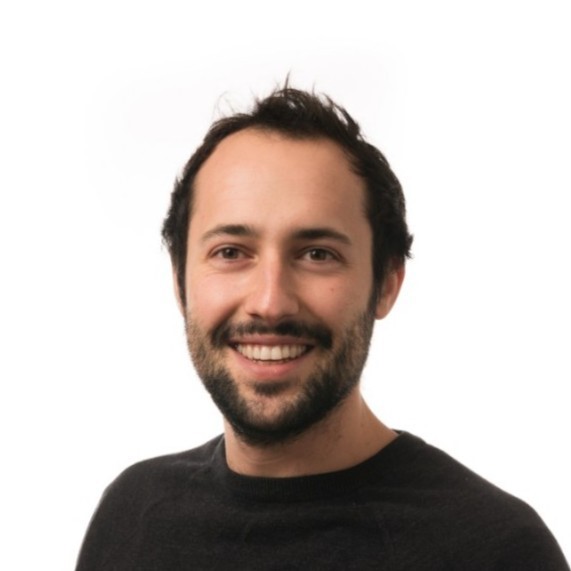
Nicola Bozzolan is a passionate forester. He obtained a bachelor degree in forest science at University of Padova while for his masters he moved to Wageningen University where he completed the Master in Forest and nature conservation. Since then, he has started a Collaborative Doctoral Partnership between Wageningen University and the Joint Research Centre. For his research, he is focusing on sustainable harvested wood products utilizations, bioeconomy and forest modelling.
Galina Churkina
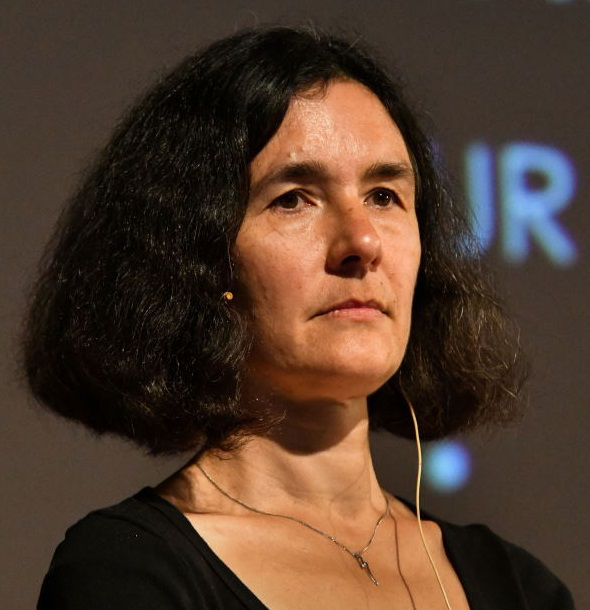
Galina is a professor of Urban Ecosystem Sciences at the Berlin University of Technology in Germany. She started her career as a mathematician trained at the Department of Mechanics and Mathematics, Moscow State Lomonosov University and was morphed into a quantitative ecologist at the School of Forestry, University of Montana. Her research focuses on identifying the sustainable pathways of urban growth benefiting both people and environment. Carbon cycle of natural and human dominated ecosystems is the core area of her expertise. Galina was among the pioneers of the holistic studies of urban carbon cycle and the first to show the prominence of the urbanization effect on the global cycle of carbon. She researched and taught at the flagship institutions and universities including Yale University and the Max Planck Institute for Biogeochemistry among the others. In 2020 she received the Aquila Capital Transformation Award.
Carla Conejo-González
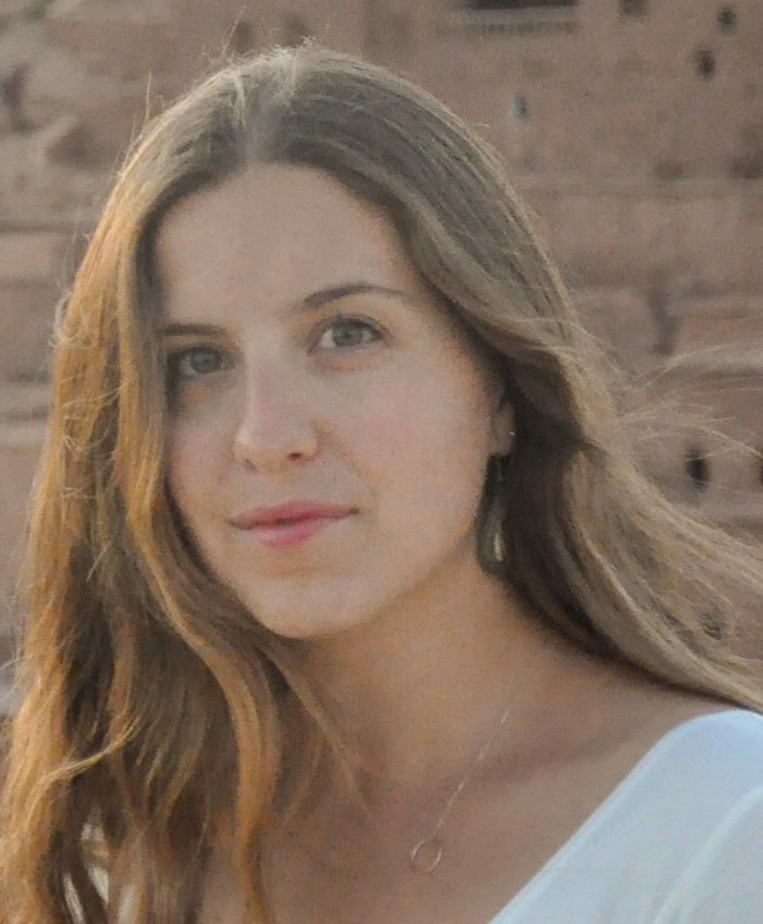
Carla Conejo-González has a research background in neurobiology and more than a decade’s experience in the promotion of research among the youth through science education, outreach and communication projects. She is currently Head of Science Programs at the Fundació Catalunya La Pedrera and Director of a Postgraduate Course in Science Education at the BIST Dolors Aleu Graduate Centre (University Pompeu Fabra). Besides her job, she is advisor of several TV science shows and leads other initiatives to close the gap between science and society, especially for girls.
Rik De Vreese
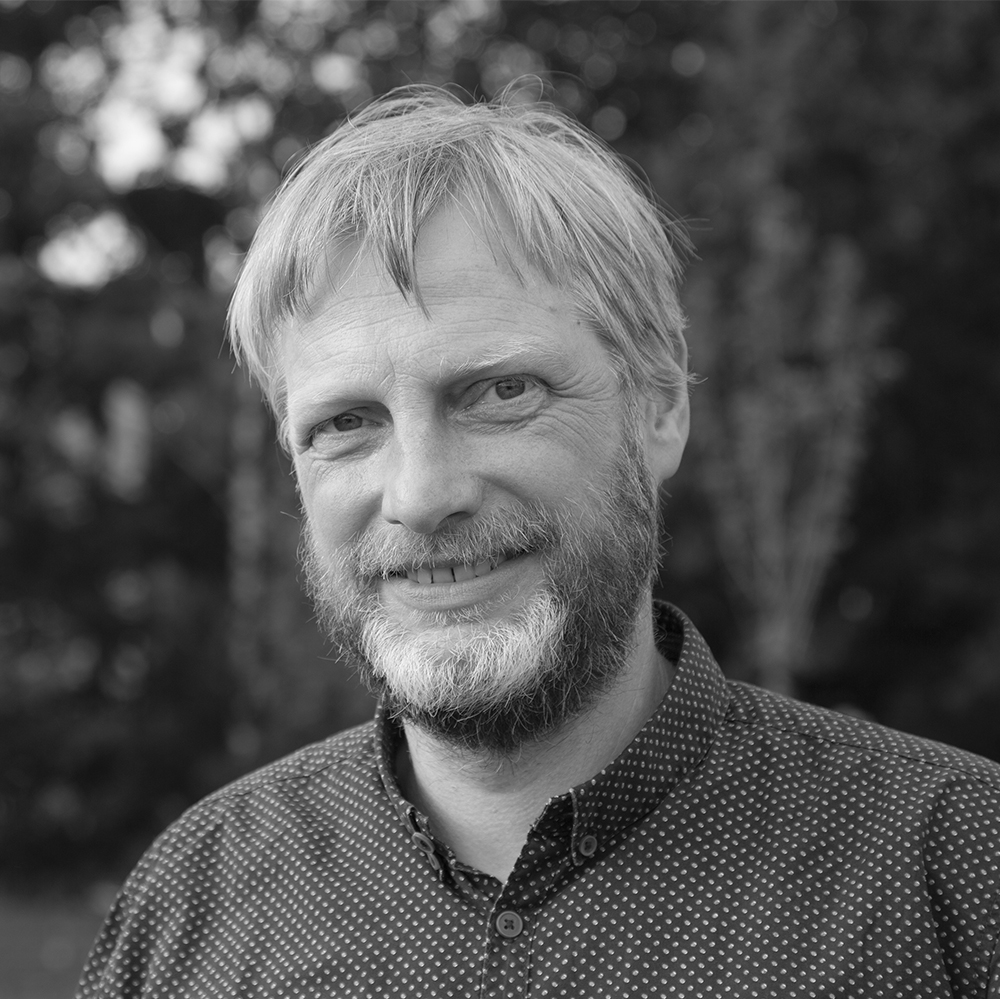
Dr Rik De Vreese is Team Leader of the Urban Forestry Team at the Resilience Programme. He has a master of Applied Biological Sciences - Forest and Land Management at Ghent University and a PhD in Human Ecology (VUBrussels, 2018). He has been active in the urban forestry science-policy-practice interface since 2000 and was awarded Young European Urban Forester of the Year in 2015. He is member of the International Steering Group of the European Forum on Urban Forestry (EFUF) and webmaster/social media manager for EFUF. His research focusses on the relations between humans and trees, in the urban and peri-urban sphere. More specifically, Dr De Vreese has been involved in research on integrating ecosystem services in decision-making and urban planning, mainly with a transdisciplinary lens. He has (co-)authored over 15 peer-reviewed scientific publications.
Tye Farrow
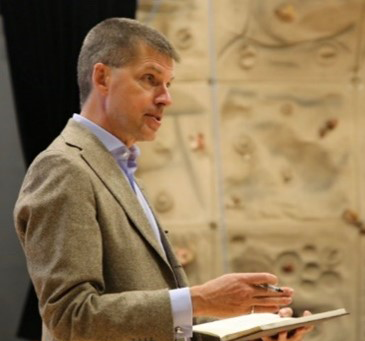
Working at the intersection of architecture and neuroscience, Tye Farrow is a world-recognized pioneer tackling how what we create either gives or cause health. With award-winning projects around the globe that enact salutogenic design - design that actively incites health - he is the first Canadian architect to have earned a Master of Neuroscience Applied to Architecture (University of Venice IUAV), and has a Master of Architecture in Urban Design (Harvard University), and a Bachelor of Architecture degree (University of Toronto). Tye is a sought-after speaker who has presented to respected organizations and universities in over forty cities on six continents, including the Salk Institute, The Johns Hopkins University School of Medicine, Mayo Clinic and The Cleveland Clinic, and has been called a global leader making “a significant contribution to health and humanity through the medium of architecture” (Stockholm World Design & Health Congress).
Sara Filipek
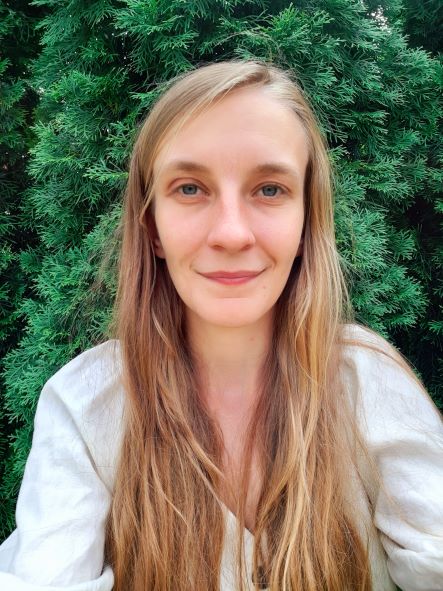
Sara Filipek is a Junior Researcher of Forest Modelling at the Wageningen University & Research. Her background is in forestry with strong emphasis on forest management and silviculture. Her research focuses on modelling European forest resources and soil organic carbon. She is currently involved in projects that focus on large-scale forest restoration and the development of holistic management practices, modelling and monitoring for European forest soils.
Vicente Guallart
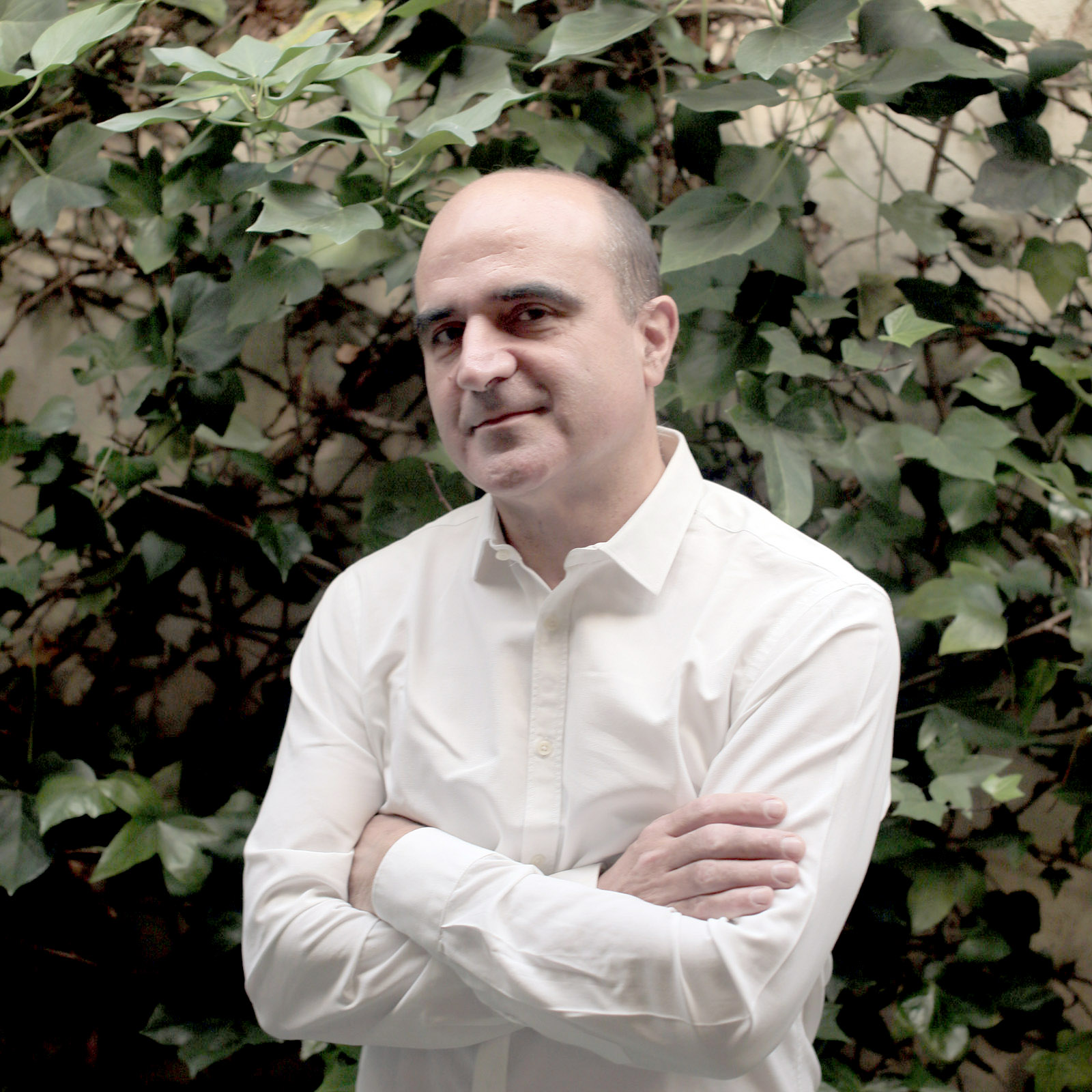
Vicente Guallart is an architect who works in the development of projects for ecological cities and buildings across the globe with his company Guallart Architects. He has won numerous international competitions including Housing post-COVID in Xiong’an (2020). He was chief architect of Barcelona (2011-15). He was also founder of the Institute of Advanced Architecture of Catalonia (2001) from where he works in the development of Biocities, from the Valldaura Labs center. He is the author of numerous books, such as “The self-sufficient city”, “Geologics” and “Plans and Projects for Barcelona”. He has recently won a competition to make the tallest wooden dwelling building in Barcelona.
Isabella Hallberg-Sramek
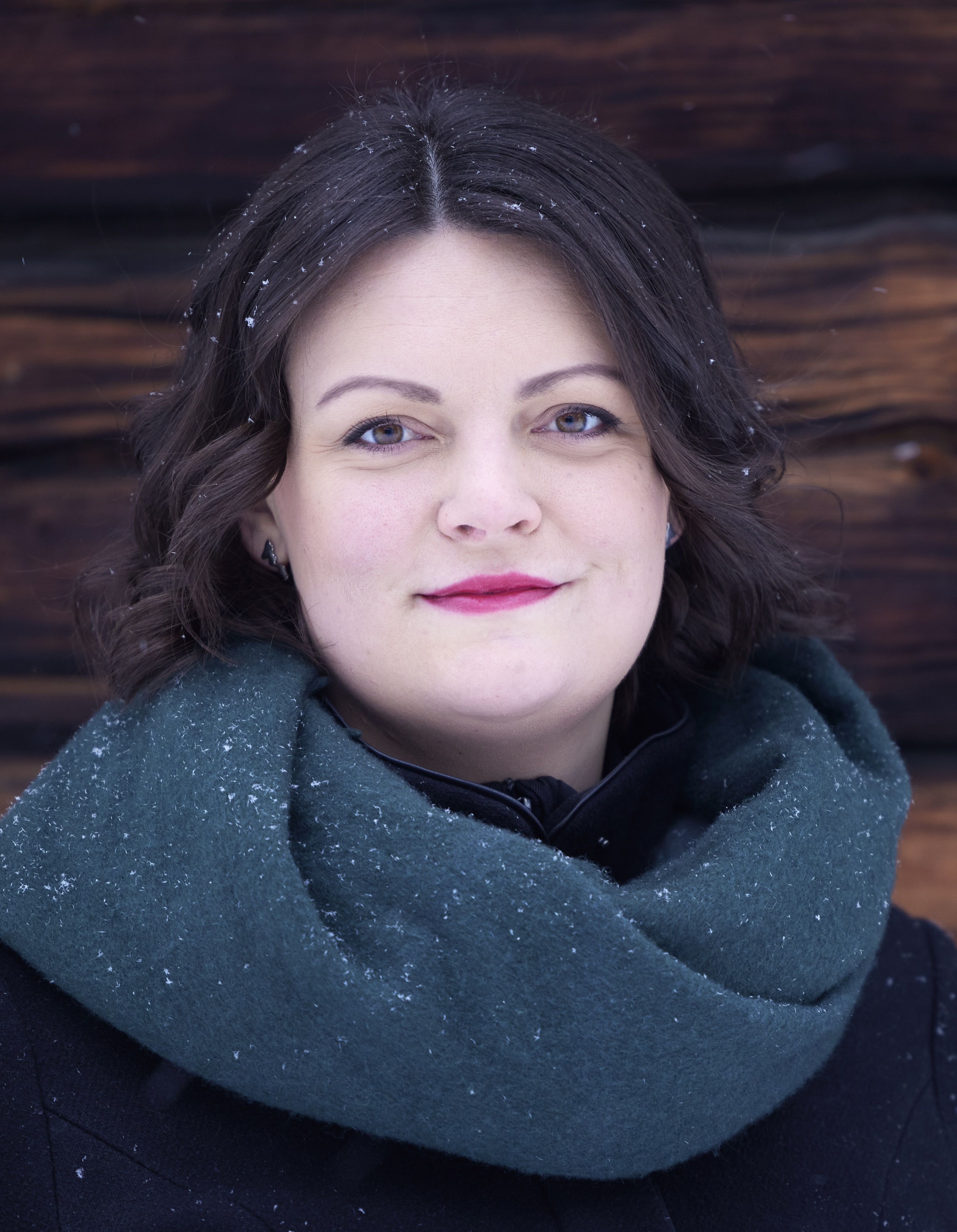
Isabella Hallberg-Sramek is a PhD student in forest management at the Swedish University of Agricultural Sciences. Her research interests lie within the science-policy interface and her work aims to provide insight to how forests can be managed sustainably on the local level, considering the socio-ecological conditions, local needs and climate change. She collaborates inter- and transdisciplinary to bridge the gaps between scientific disciplines and between science and practice.
Photo by Olle Melkerhed
Mariana Hassegawa
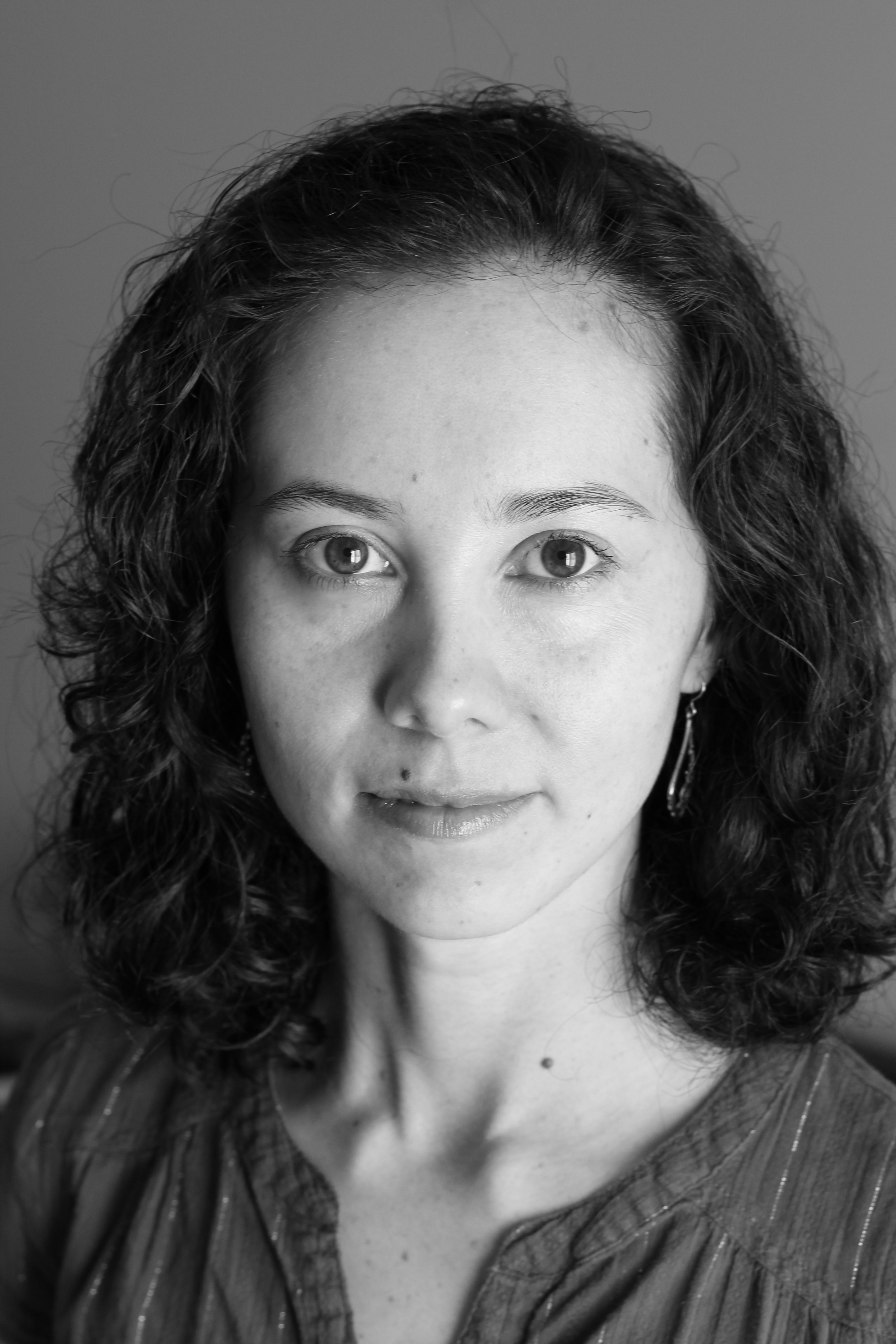
Mariana Hassegawa is a researcher of the Climate-Smart Forestry team at the European Forest Institute. Her background is in Forestry, and her PhD in Wood Science from Laval University (Canada). She has over 15 years' experience in research in forest management and forest resources, silviculture and wood products. She is currently involved in projects that focus on the development and monitoring of the European bioeconomy, the assessment of the wood industry resilience following disturbances, and the effects of forest management on soil functionality, biodiversity and nutrient stocks.
Daniel Ibañez
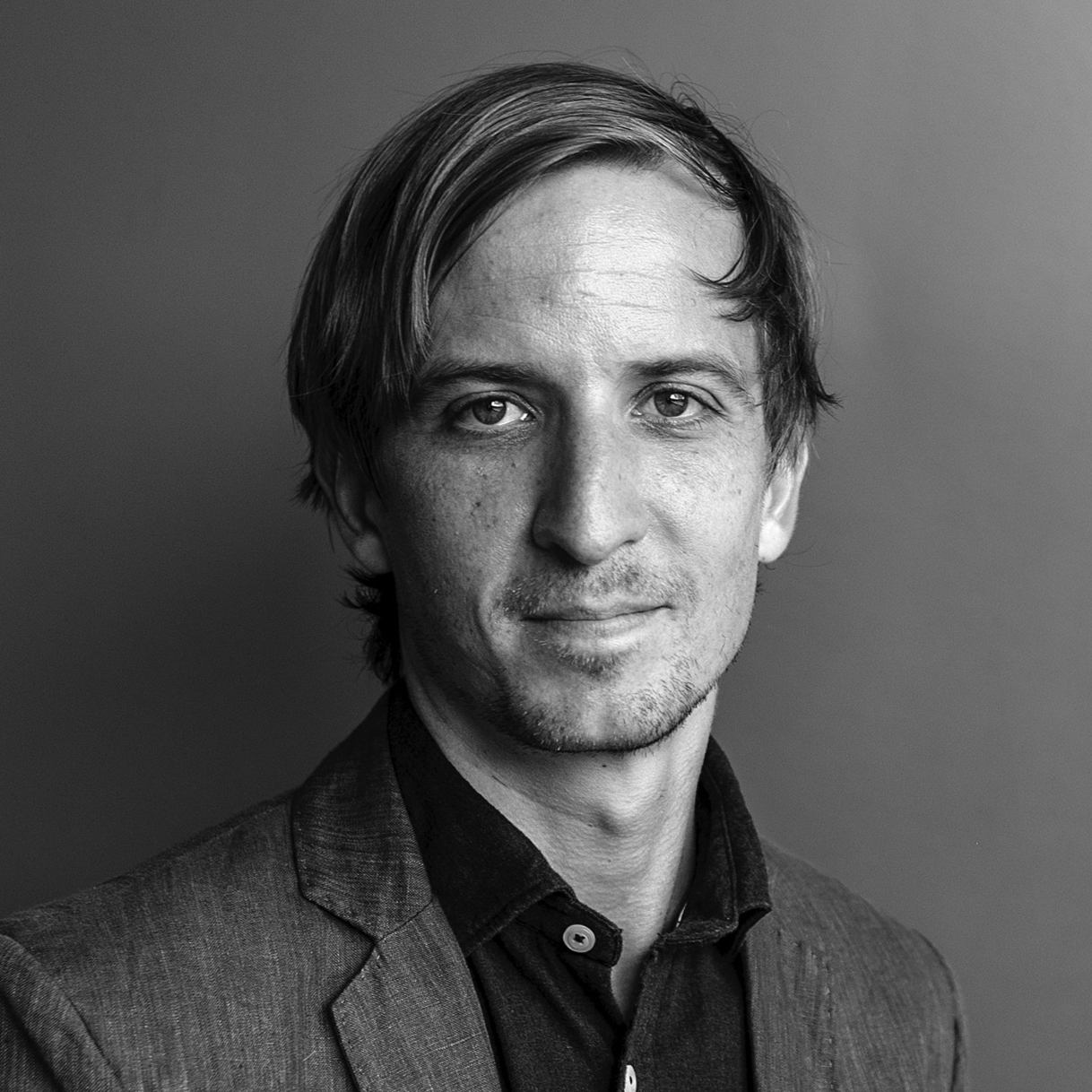
Daniel Ibáñez is a Spanish practicing architect and urbanist and director of the Institute for Advanced Architecture of Catalonia (IAAC). He holds a Doctor of Design degree from Harvard University GSD. His professional, research and academic focus is on the architectural and urban implications of renewable, carbon storing biomaterials in construction. He is building the tallest social housing mass timber building in Spain and he is co-author of the book Wood Urbanism: From the Molecular to the Territorial (Actar, 2019). Additionally, he is Senior Urban Consultant at the World Bank, advising international governments and institutions on timber housing and timber urban development.
Yasmin Imparato Maximo

Yasmin is a junior researcher at the European Forest Institute. She is part of the Climate-smart forestry team under the Bioeconomy programme. She holds a BA in Forest Engineering and a Msc in European Forestry. She has worked on projects involving bio-based products, forest monitoring, silviculture and biotechnology. Yasmin is passionate about strengthening the role of forests and the forest sector in climate change mitigation and societal improvement
Wiebke Klemm
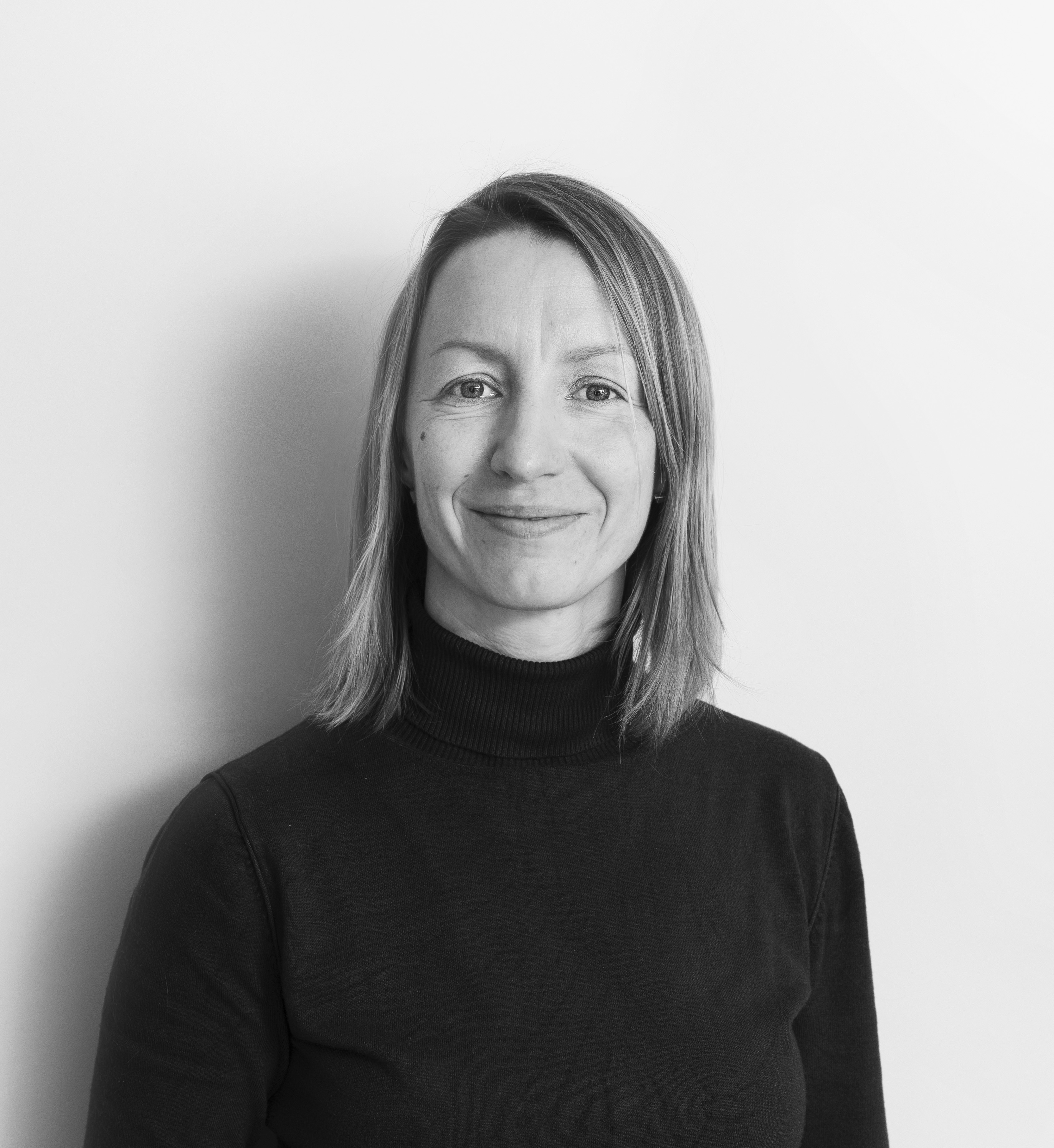
Dr. Wiebke Klemm is landscape architect and expert in sustainable living environments. She works as Senior Policy Advisor at Municipality of The Hague and is owner at UrbanGreenScape. She works on strategic policy development on integrated urban challenges such as climate adaptation and energy transition; with a focus on the multifunctional benefits of urban green and blue infrastructure in urban outdoor spaces. She is also The Hague’s project leader of the Interreg project 'Nature Smart Cities'.
Cecil C. Konijnendijk
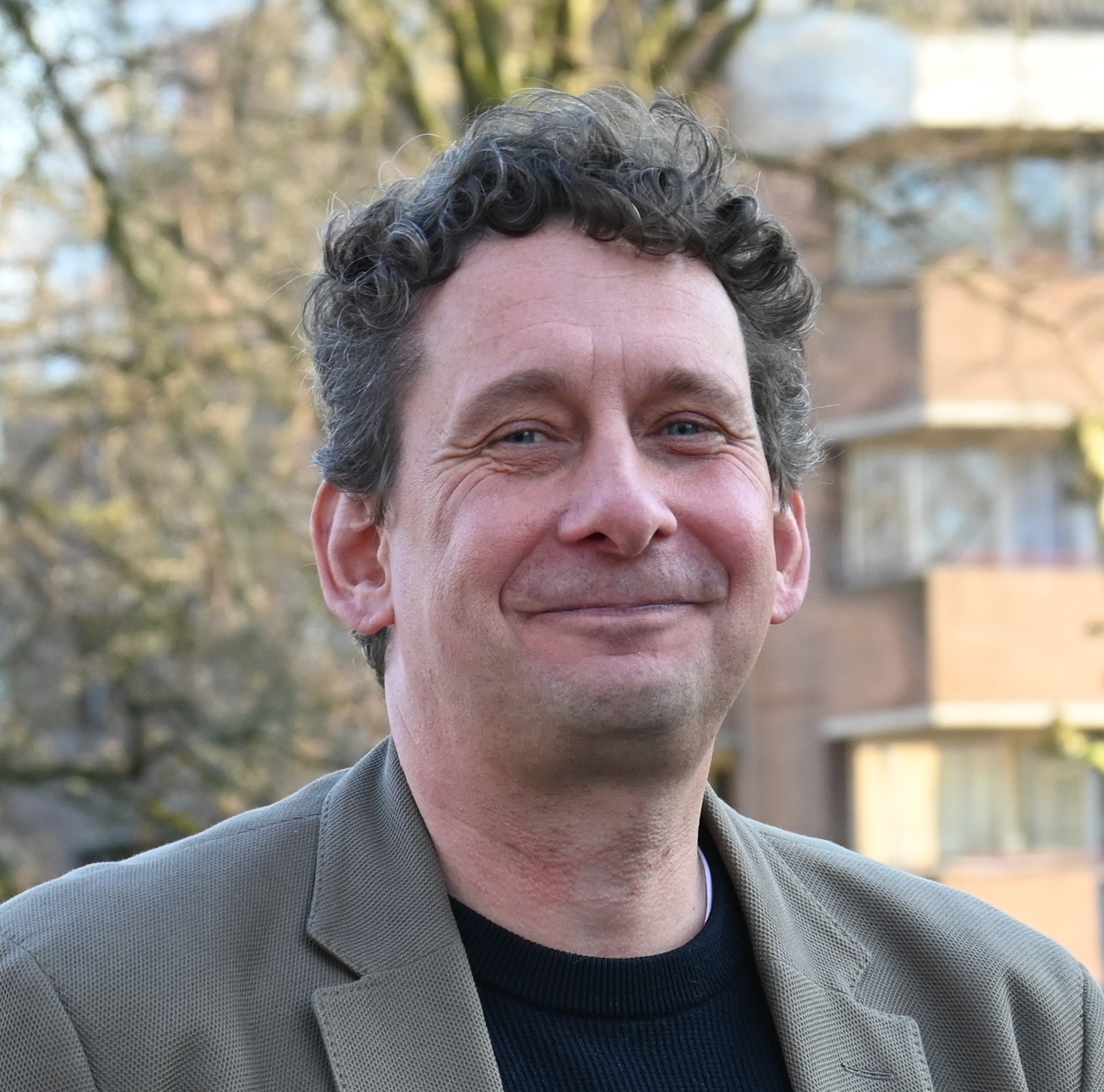
Cecil is widely considered as one of the world’s leading urban forestry experts. He currently co-leads the Nature Based Solutions Institute, a think tank for the evidence-based greening of cities, from Barcelona. He is also a professor of urban forestry at the University of British Columbia. Cecil is passionate about using trees and nature to develop better cities. He has advised international organisations such as FAO and UNECE, as well as national and local governments in over 30 countries.
Andreja Kutnar
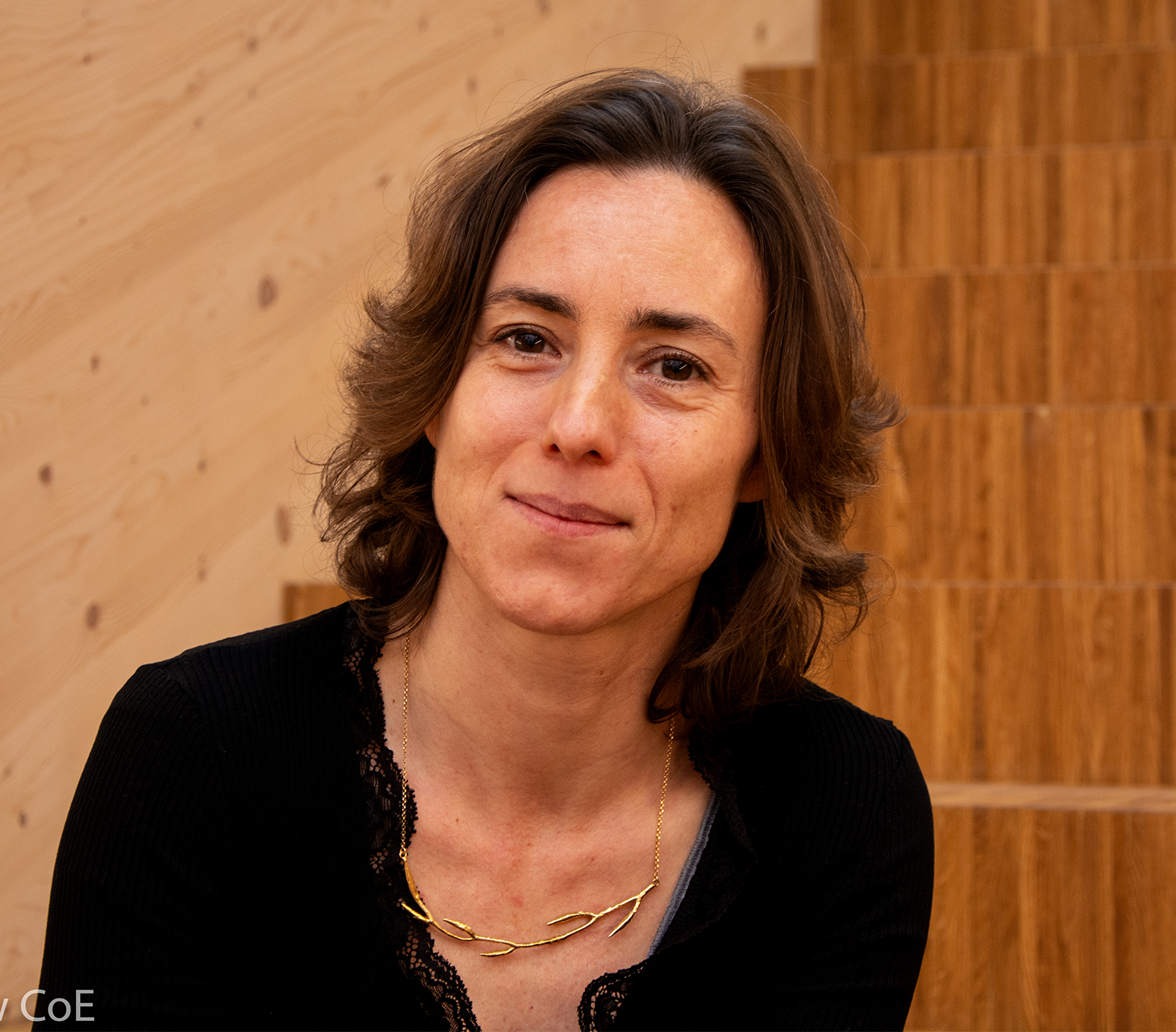
Andreja Kutnar is a Full Professor in the field wood science at University of Primorska in Koper, Slovenia and director of the research institute InnoRenew CoE. She received her PhD in Wood Science at the University of Ljubljana in 2008. In 2009 and 2010, she was a Research Associate at the Department of Wood Science and Engineering, College of Forestry, Oregon State University, Corvallis, Oregon, USA. In 2017, she was nominated as an affiliated faculty member in the Department of Wood Science and Engineering, Oregon State University, USA and was a DAAD Guest Professor at Georg-August-Universität Göttingen, Germany in 2018. From 2014 until 2020 she was an Executive Board member of InnovaWood and from July 2020 until July 2021, President of the Society of Wood Science and Technology. She is also a member of Young Academy of Europe. In 2018, she received the distinguished Zois Certificate of Recognition for important scientific achievements in the field of wood science. In 2020, she was included in the prestigious European Commission campaign #EUwomen4future that draws attention to outstanding women working in research, innovation, education, culture and sport. From 2020 she is a member of Slovenian President’s Consultative Committee for Climate Policy.
Bas Lerink
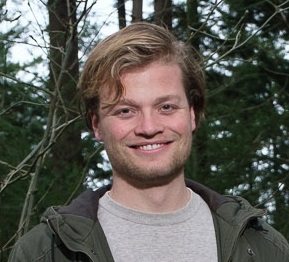
Bas Lerink is a researcher European forests at Wageningen University & Research. He has a background in forest resource modelling and forest inventory and currently leads the 8th Dutch National Forest Inventory. He is also co-leading the European Climate Smart Forestry Network, which connects researchers and institutes working on CSF all over Europe. Bas is passionate about adapting European forests to climate change and using wood for sustainable purposes.
Yvonne Lynch
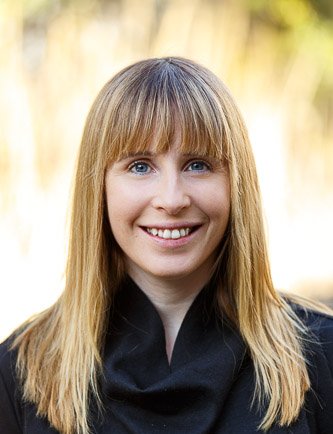
Yvonne advises city and national governments worldwide on how to develop green cities and adapt rapidly to extreme climate conditions.
She is currently involved with Green KSA a major initiative to sustainably green Saudi Arabia. She has collaborated with Royal Commission for Riyadh City for more than four years to develop and lead the implementation of Green Riyadh, the largest integrated urban greening project globally. This ambitious €11 billion effort to green one of the world's most arid cities is creating new benchmarks in climate adaptation.
Prior to this, Yvonne worked with the City of Melbourne for a decade, where she is well known for pioneering the city's famous tree emails and leading the Urban Forest and Ecology team. The team's work garnered multiple international and national innovation awards under her leadership. She designed Melbourne's Urban Forest Fund to incentivize private sector greening, and implemented Melbourne's largest and longest community participation program, engaging over 20,000 citizens in urban forestry activities. She has also led the city's Future Melbourne and climate adaptation portfolios.
Yvonne has also served as a guest lecturer for many years at the University of Melbourne.
Joyce Machado Nunes Romeiro
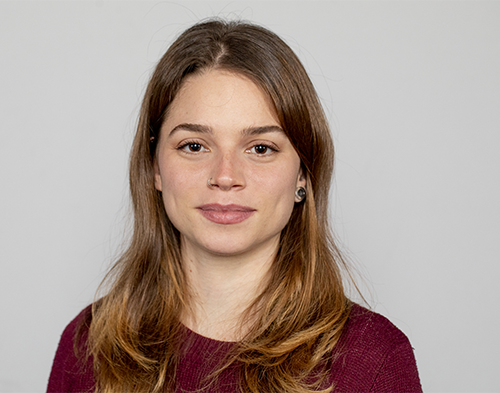
Joyce is a PhD Student at the Norwegian University of Life Science (NMBU) working on the project 'Climate Smart Forestry Norway', investigating how climate change will affect natural disturbances in Norwegian forests and integrating those risks and uncertainties into forest growth models. She obtained her bachelor's degree in forestry from the Federal University of Vicosa with a study period at Southern Illinois University, and her Master's double degree in Forest and Natural Resources Management from the Universitat de Lleida and the Università di Padova.
Mokena Makeka
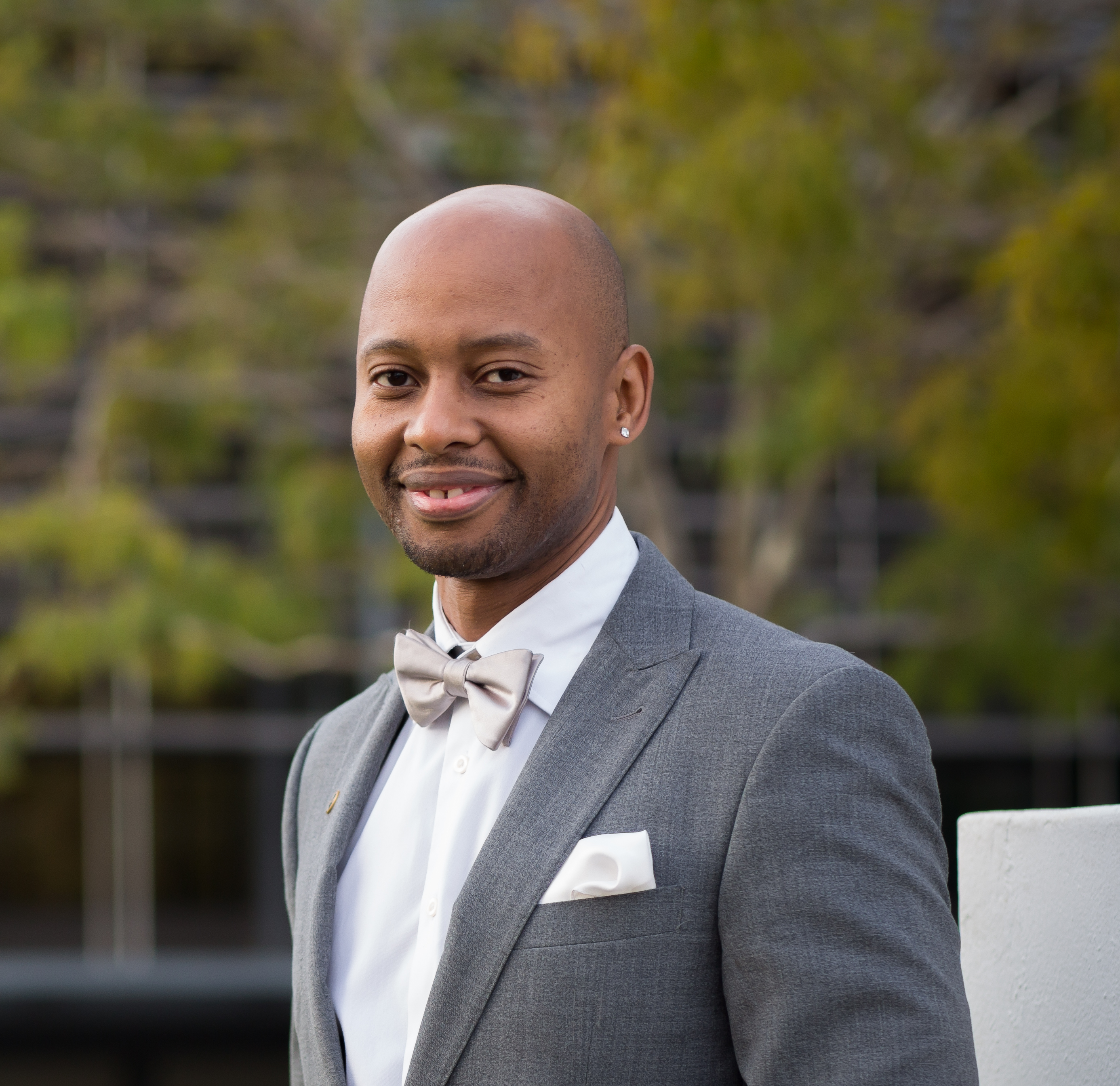
Mokena Makeka is a Principal in Dalberg Advisors. Mokena is a South African raised in Maseru, Lesotho and New York, USA and is an accomplished architect, artist, creative, curator, global leader, scholar, speaker, urbanist. He holds a B.Arch. Dist. Hons, ( Magna Cum Laude) University of Cape Town (UCT). He was the Azrieli Visiting Critic of 2020, Carleton University School of architecture and urbanism- Canada, Adjunct Professor Cooper Union- New York, and is a Board member of the South African Green Building Council and is a board member of the Cape Town Central City Improvement
district. He is a Young Global leader at the World Economic Forum (2015) and is a member of the WCS
Young leaders in urbanism. (Singapore). He is an expert on urban development/affordable housing and infrastructure development.
Marco Marchetti
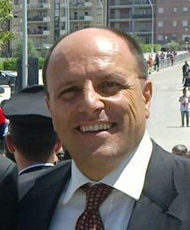
Marco is Full Professor (Chair of Forest Management and Conservation) at the University of Molise (Italy) and head of the Laboratory of Forest Ecology and Geomatics. He has been Dean of the School of Forest and Environmental Sciences, Director of the Department of Biosciences and Territory and Vice Rector of the University. Former member and chairman of the Scientific Advisory Board of the European Forest Institute, he has been appointed in the Board in 2017, currently being the Chairman. He is in the Team of Specialist “Monitoring of sustainable forest management” of UN-ECE/FAO since 2000. Since 2014 in the National Committee for Urban Forestry, in 2018 he has been member of the Scientific Committee of the World Forum on Urban Forests, organized by FAO, POLIMI, SISEF. Since 2020 he is the President of Fondazione Alberitalia, which is acting with regional authorities and local municipalities to expand values, culture and projects of urban and peri-urban forestry in the context of circular bioeconomy.
Robert Mavsar
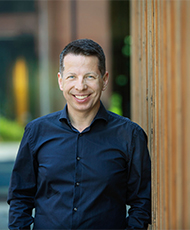
Robert Mavsar is the Director of the European Forest Institute, responsible for the overall leadership and strategic development of the Institute. With a strong international track record spanning over 25 years, he specializes in forest research development, bioeconomy, economic valuation of ecosystem services, and innovative business models for forest products. He holds a PhD in economics and an MSc in forestry.
Valérie Merckx
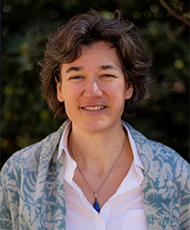
Valérie Merckx is the Head of the International Partnerships Facility. The International Partnerships Facility is a global centre of knowledge and expertise that supports policy and governance reforms to safeguard the world’s forests. Valerie joined EFI in 2010 as REDD team leader. In that position she was responsible for the development, strategic orientation and overall leadership of the EU REDD Facility. Prior to joining EFI, she worked at the European Commission as part of the EU international climate negotiations team, where she followed forest and land-use issues. Before that Valérie worked for the French Office National des Forêts (ONF), first as head of a territorial unit and then following climate and energy issues at ONF headquarters. She has a background in forestry and agronomics.
Devothe Mukeshimana
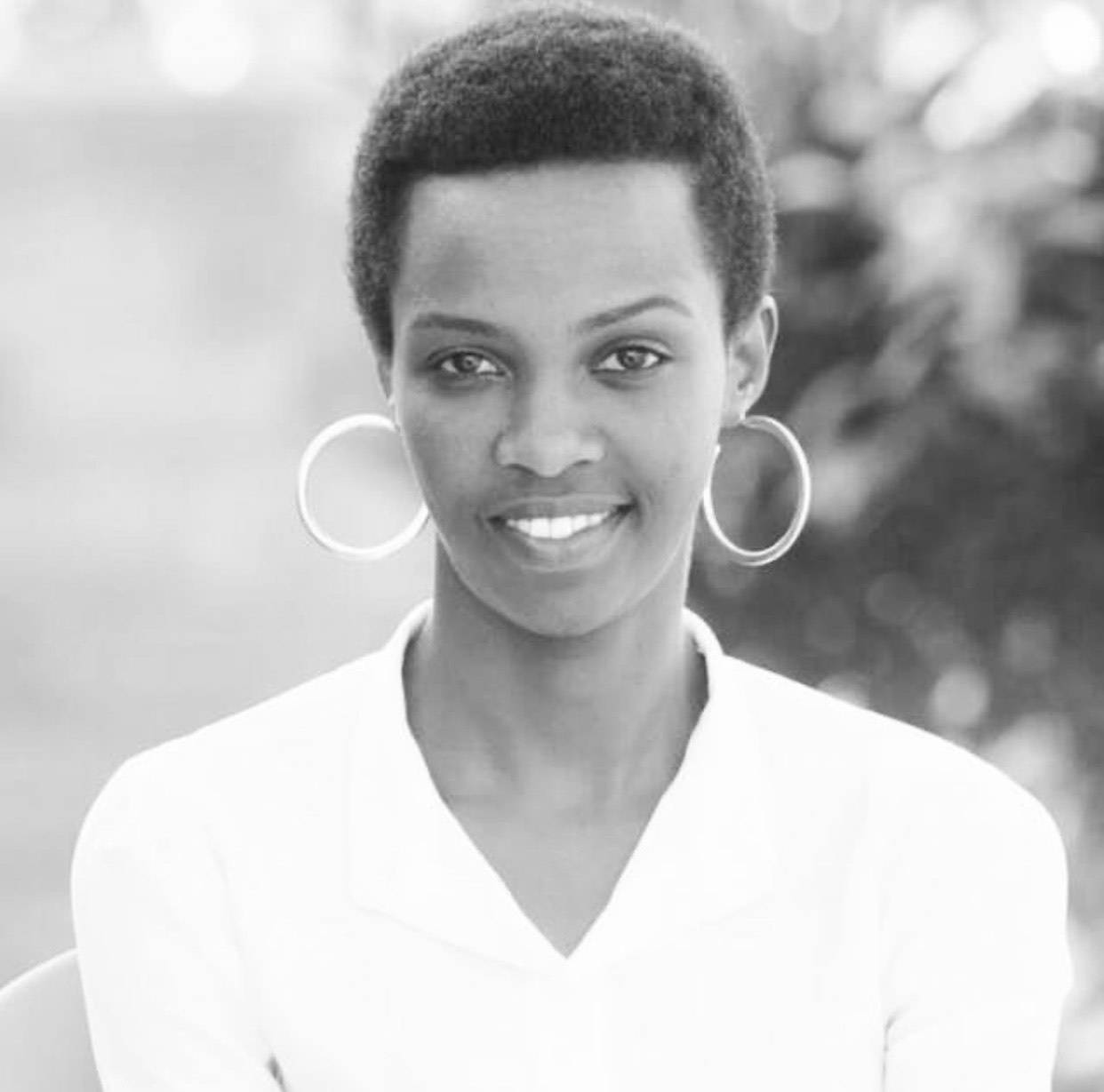
Devothe is part of the first cohort of East African female architects who graduated from architecture which was the new faculty at the University of Rwanda, College of Science and Technology,School of Architecture and Build Environment. She joined GMK architecture firm in Kigali Rwanda, after garnering her Bachelor's Degree in Architecture from the University of Rwanda.
She has interned with journeyman international which provide architectural design and construction management services to humanitarian nonprofits and development organizations worldwide combat global poverty and ecological destruction by designing safe, sustainable infrastructure for the developing world.
She also participated in FemEng Rwanda, a workshop that aims to spark an interest in STEM subjects among high school girls in Kigali, in order to inspire them to see a future career in engineering and architecture. She also participated in the Pavilion conceptual design workshop of IMBUGA City Walk, the first designed public space and a masterplan for the pedestrianization of a key street in Kigali ,Rwanda. Devothe is a member of Rwanda Institute of Architects and also a member of Rwandan Ladies in Architecture.
Alan Organschi
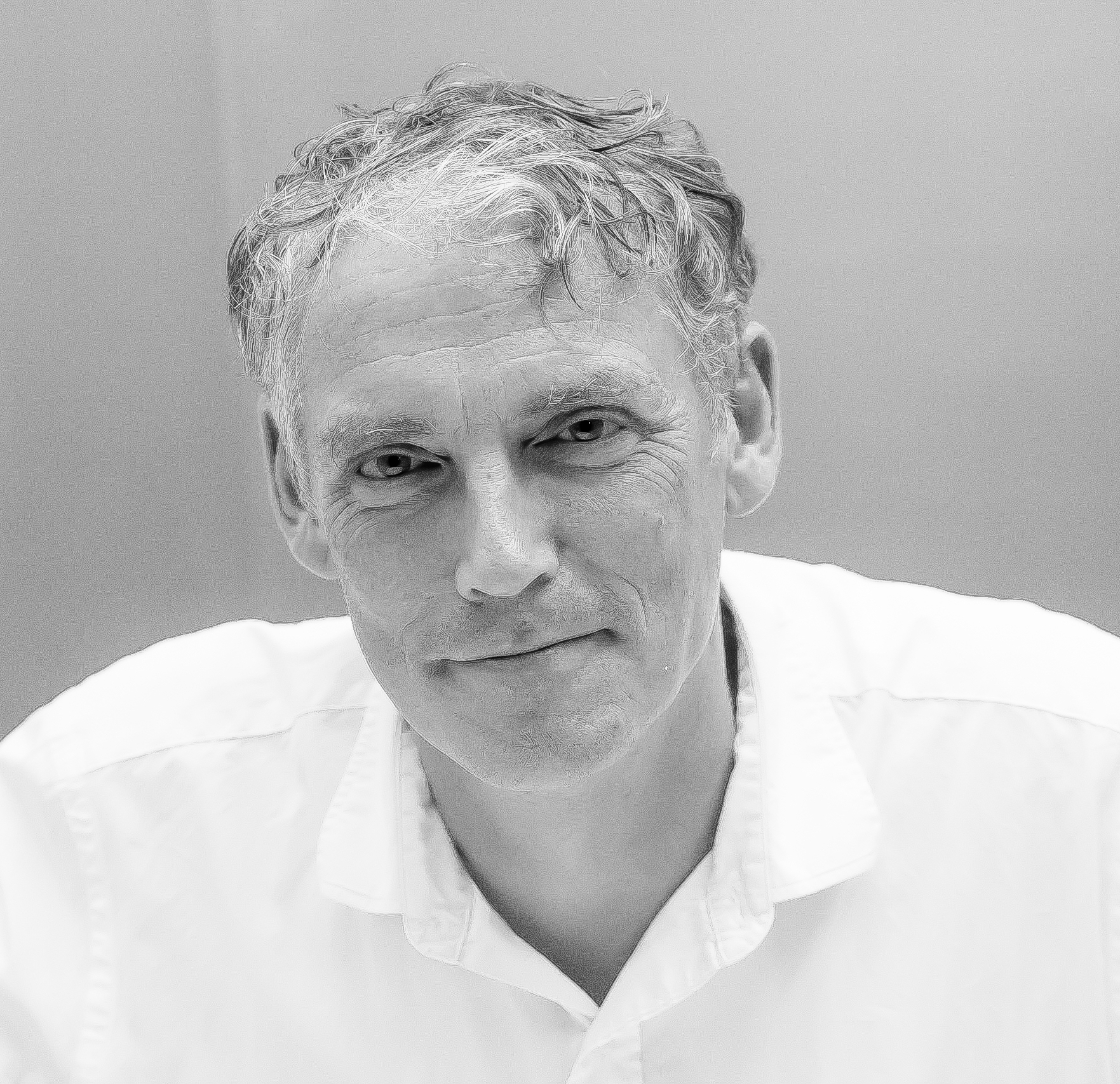
Alan Organschi is a principal at Gray Organschi Architecture an award-winning design, construction and environmental research practice in New Haven, Connecticut. He currently serves as Director of Innovation Labs at the Bauhaus Earth based in Berlin, Germany and as Senior Faculty at the Yale School of Architecture. He was a co-author of Buildings as a Global Carbon Sink published in 2020 in the journal Nature Sustainability. His book, Carbon: A Field Manual For Building Designers was released in August 2022.
Marc Palahí
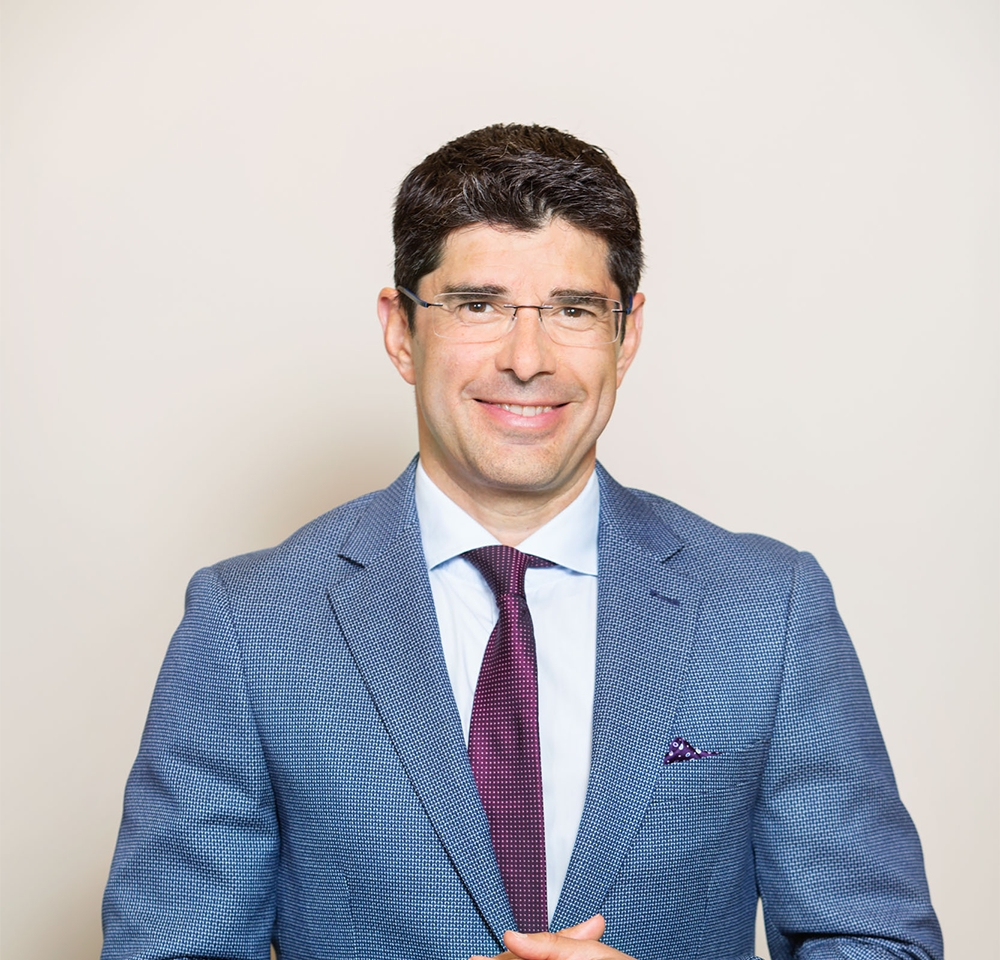
Marc Palahí is a leading expert on forests and global change, with a new vision of the transformational role forests can play in fighting climate change and developing a circular bioeconomy. He has been Director of the European Forest Institute since 2015, driving its development as a pan-European science-policy platform, and working to connect knowledge to action at the interface of science, policy and business.
Marc has a PhD in forestry and economics and his work, which has featured in Nature and other high-level scientific journals, focuses on the development of a sustainable circular bioeconomy that prospers in harmony with Nature.
Marc leads the Circular Bioeconomy Alliance established in 2020 by His Majesty King Charles III (formerly His Royal Highness The Prince of Wales).
Maria Chiara Pastore
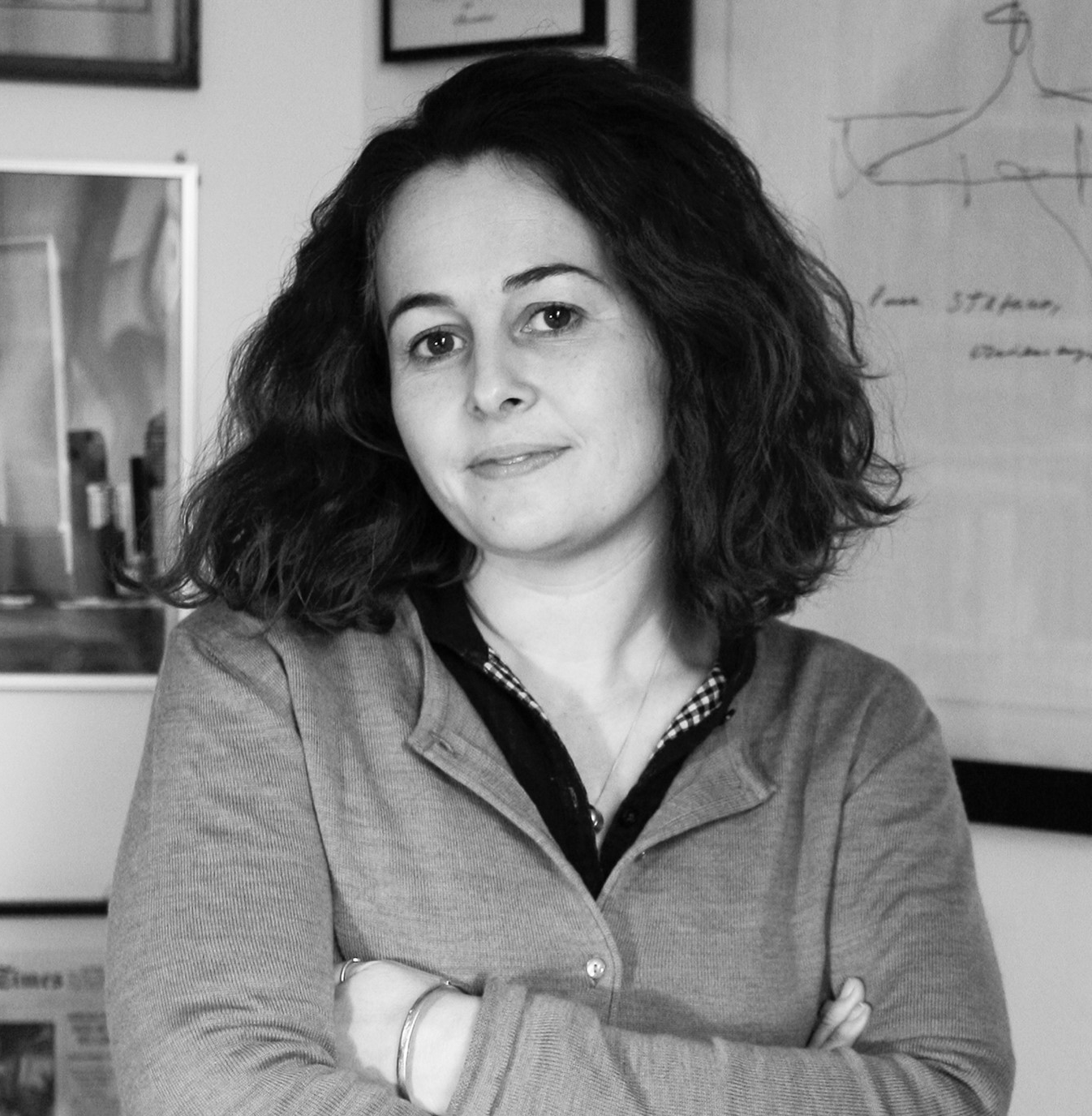
Maria Chiara Pastore is Tenured track researcher at the Politecnico di Milano. She obtained a PhD in Spatial Planning and urban Development at Politecnico di Milano, and her research interests are mainly focused on Urban Forestry, water and sanitation in relation to city’s development, adaptive planning in relation to rapid growing cities. She is PI of the National Project funded by MUR, the “National Biodiversity Future Center – NBFC” specifically on urban Biodiversity (2022-2026). Her recent work includes an improved green system in the Greater Milan 2030, Forestami (Milano 2030), the Urban Forestry plan in Prato, Italy, the "Safer house construction guidelines" for the Malawi Ministry of Housing (GFDRR), the “Master plan for the City of Dar es Salaam” for the Tanzania Ministry of Lands Housing Human Settlements Development. She is collaborating with FAO on urban forestry and food policies projects. She has been a consultant to the World Bank, member of the scientific committee of the First World Forum on Urban Forests, visiting professor at TU Graz. In 2018 she published the book “Reinterpreting the relationship between water and Urban Planning. The case of Dar es Salaam”, with Routledge.
Marco Patacca
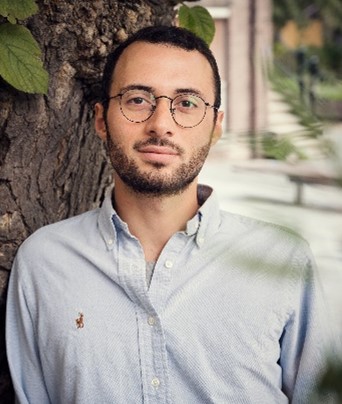
Marco is a PhD candidate at the Forest Ecology and Management group and at the Landscape, Forest and Vegetation group at Wageningen University & Research (WUR). His focus is on assessing the resilience of European Forests and exploring synergies between climate change mitigation and adaptation strategies through forest management. Marco holds a BSc in forest and environmental sciences at University of Tuscia (IT) and a MSc in forest and nature conservation at WUR. He collected experiences in different research institutes across Europe - among which the UK Forestry Commission and the European Forest Institute - and beyond – like CIRAD and the INP-HB in Cotê d’Ivoire. He carried out some work in restoring degraded ecosystems, both in Europe and worldwide. Marco is passionate about applied research aimed at bridging the science-policy gap for improving human-nature relationships.
Helga Pülzl
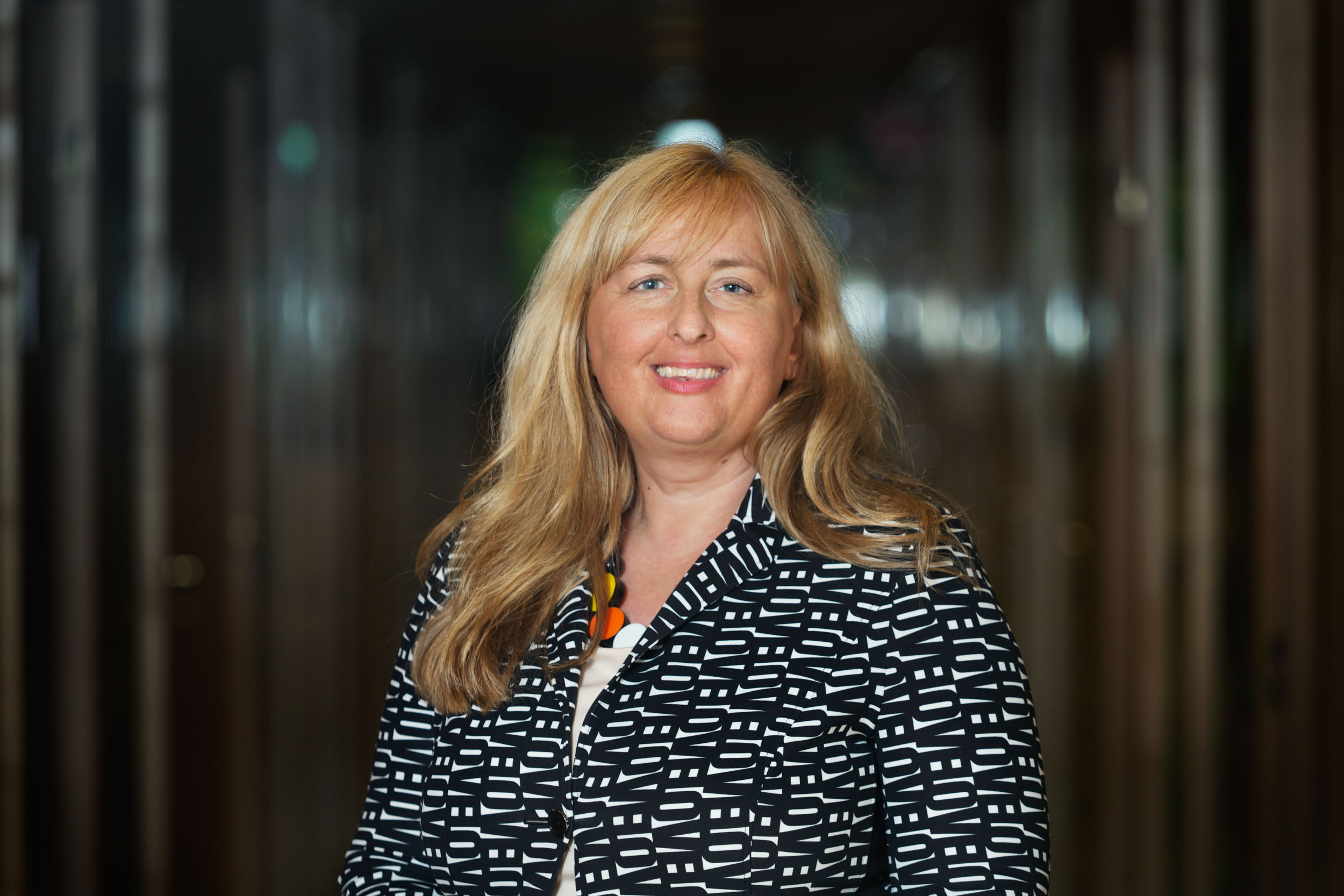
Helga Pülzl is Assistant Director for Policy Support of the European Forest Institute and responsible for the Policy Support Facility and its Trust Fund. Her main research interests are in European and international forest governance and policy change, bioeconomy perceptions and sustainability indicators development. She coordinates the IUFRO Working Party 9.05.01 on bioeconomy policy and holds a Phd and master’s degree in political science from the University of Vienna.
Ditlev Reventlow
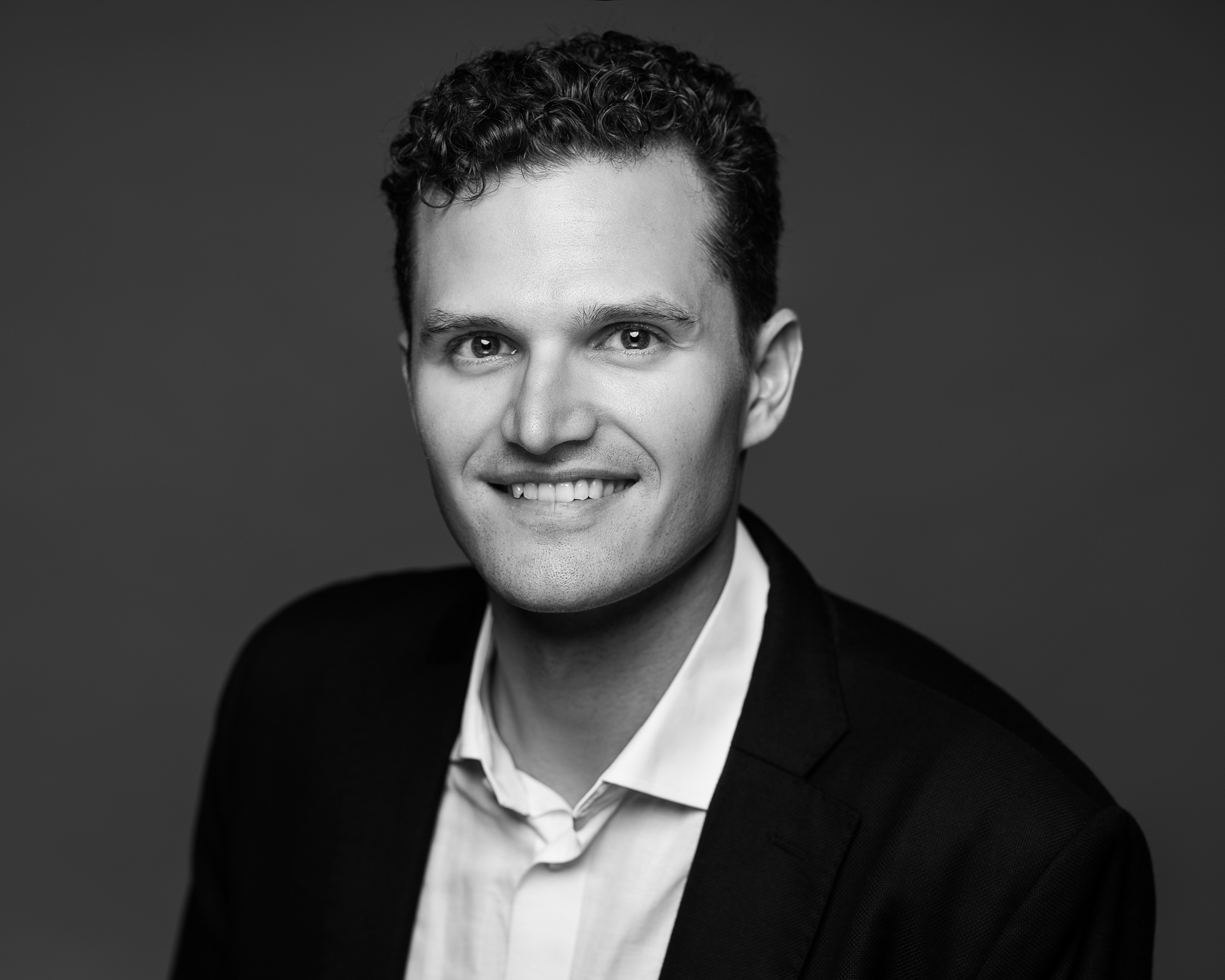
Ditlev Reventlow is a postdoctoral researcher at the University of Copenhagen. His PhD and current research for the EU LIFE project “Forests fit for future” focus on the conversion of homogeneous instable conifer plantations to climate resistant and resilient forests using the principles of close-to-nature forestry. The most important result from this project so far has been the creation of guidelines for conversion of a wide range of conifer plantation types to more diverse structures giving much needed advice to forest practitioners.
Photo by Martin Mydtskov
Marina Ruta
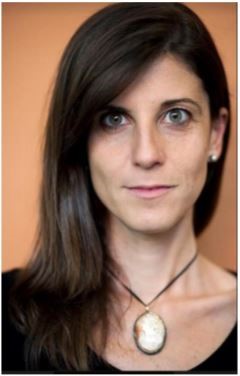
Passionate about innovation and initiatives fostering environmental sustainability, with over 17 years of experience within academia, industry, and international organisations she managed projects for research, technology innovation, business and partnership development.
She holds a PhD on Environmental Engineering at EPF Lausanne and an MBA with specialization in International Organizations from the University of Geneva. She is certified PMI project manager, biomimicry practitioner and yoga teacher.
Giuseppe Scarascia-Mugnozza
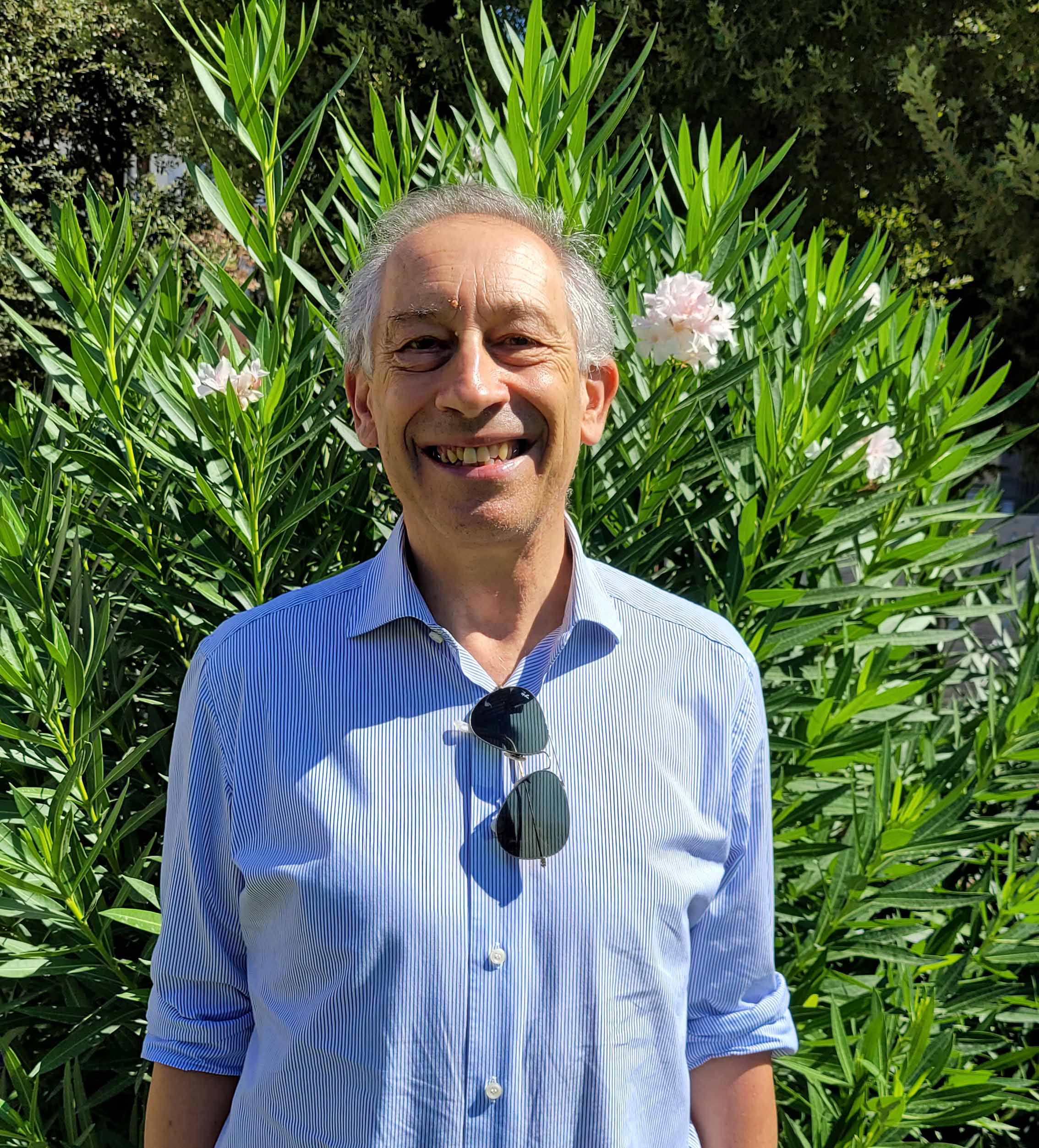
Giuseppe Scarascia-Mugnozza is Head of EFI's Biocities Facility in Rome. He holds a PhD in Forestry at the University of Washington (USA) and is full professor of Urban forests & Landscape at University of Tuscia and at Rome University-Sapienza (Italy). He coordinated European and national research on trees and forests mitigation and adaptation to climate change, is presently leading a project within the National Centre on Biodiversity and is member of the scientific committee of the Natural Reserve of Castelporziano of the Republic Presidency.
John Schellnhuber
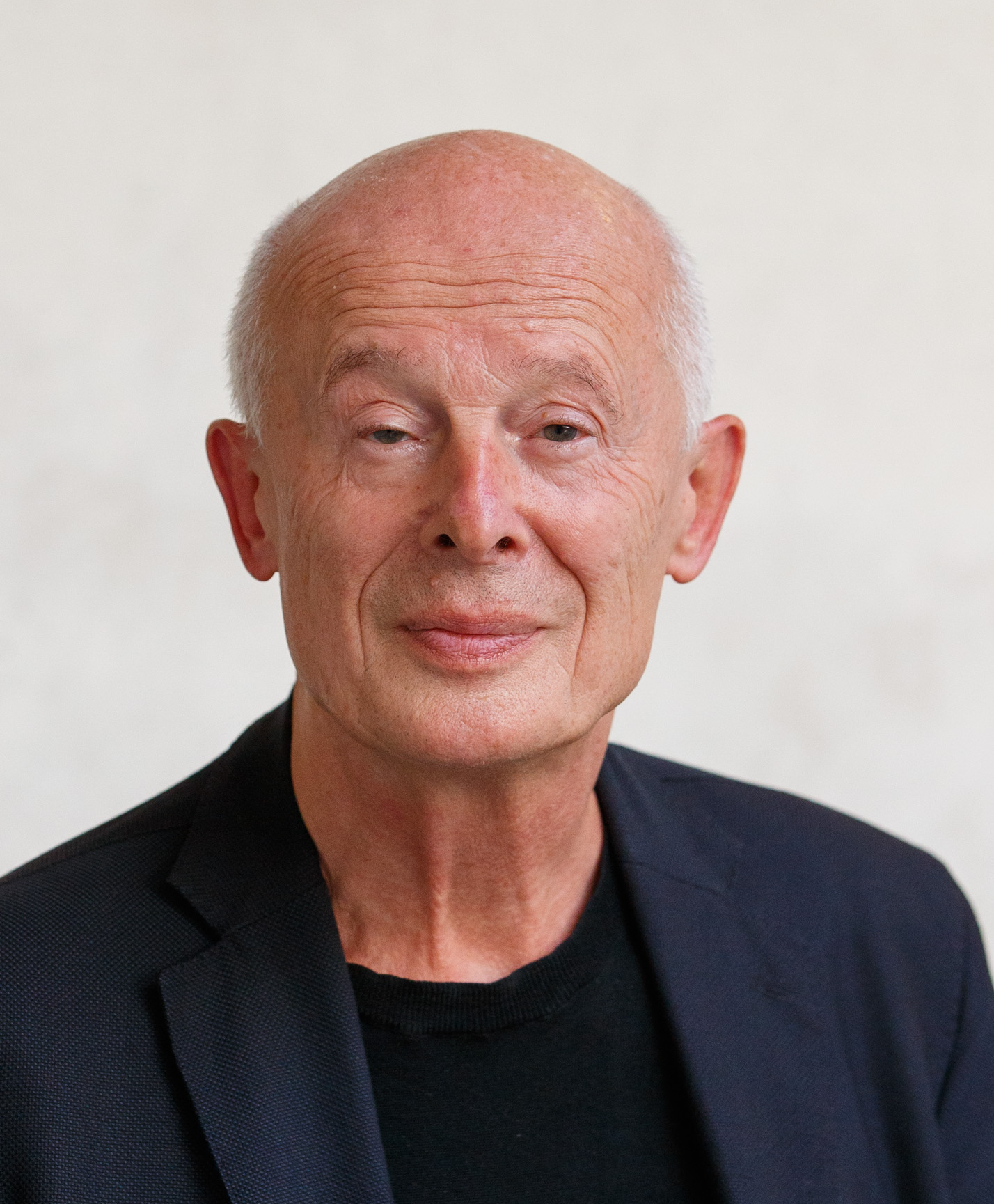
Hans Joachim Schellnhuber is Director Emeritus of the Potsdam Institute for Climate Impact Research (PIK), which he founded in 1992. He is Distinguished Visiting Professor at Tsinghua University (China), and member of numerous learned societies such as the Pontifical Academy of Sciences, the German National Academy Leopoldina, and the US National Academy of Sciences. Since 2019, Schellnhuber has been working intensively on the transformation of the built environment and the potential of wooden buildings as carbon sinks. He is founder and Managing Director of Bauhaus Earth and a member of the New European Bauhaus High-level roundtable.
Photo by PIK/Karkow, 2020
Franziska Schreiber
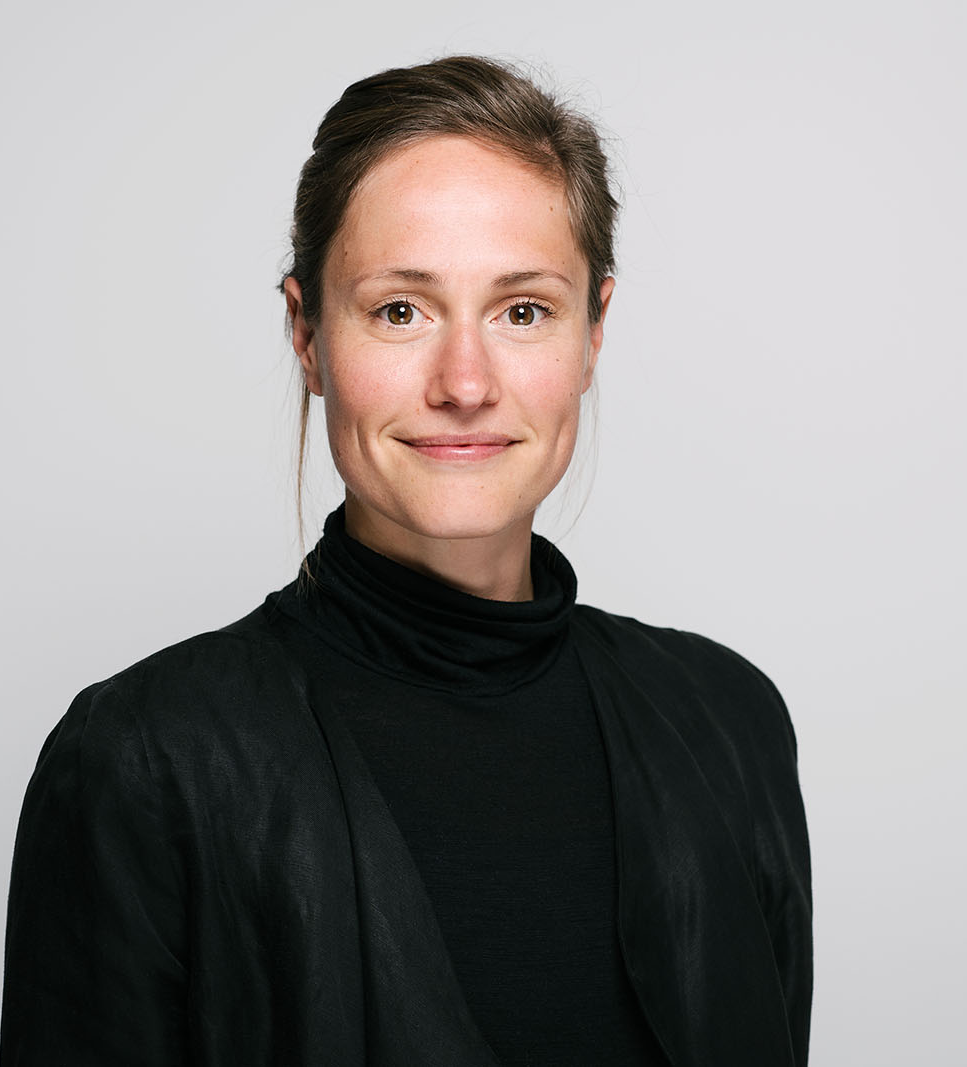
Franziska Schreiber is a Senior Researcher and Project Coordinator at Bauhaus Earth where she specializes in the systemic study and practice of regenerative, people-centered urban planning. In that role, she shapes research and experimentation that focuses on the making of building and cities as both a means to enhance the health and wellbeing of people and a force for ecosystemic restoration.
Ms. Schreiber is also an Affiliated Researcher and Lecturer at the Chair of International Urbanism at University of Stuttgart, an Advisor on Public Space for City Space Architecture, and a Senior Associate at adelphi.
Image© Phil Dera
Maximilian Schulte
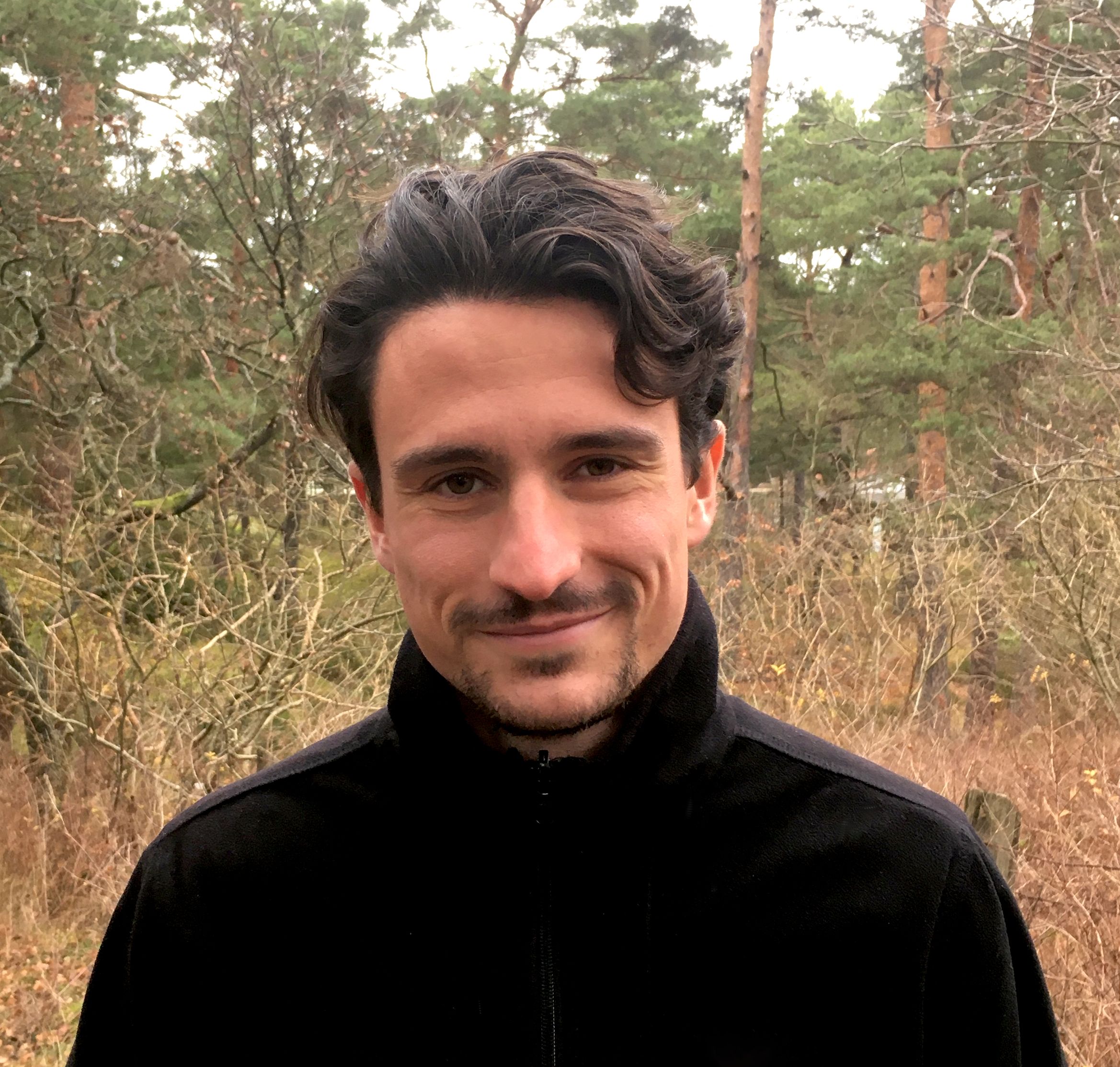
Maximilian Schulte is a PhD student at Swedish University of Agricultural Sciences (SLU) specializing in climate impact assessments of the forest sector. His background lies in geography and bioeconomy from where he developed his interest in life cycle assessment of forest products. Recently, his PhD work has focused on climate effects steered by Nordic forest management, and potential climate benefits from substitution by using additional wooden buildings in projected Swedish housing demand.
Frédéric Segur
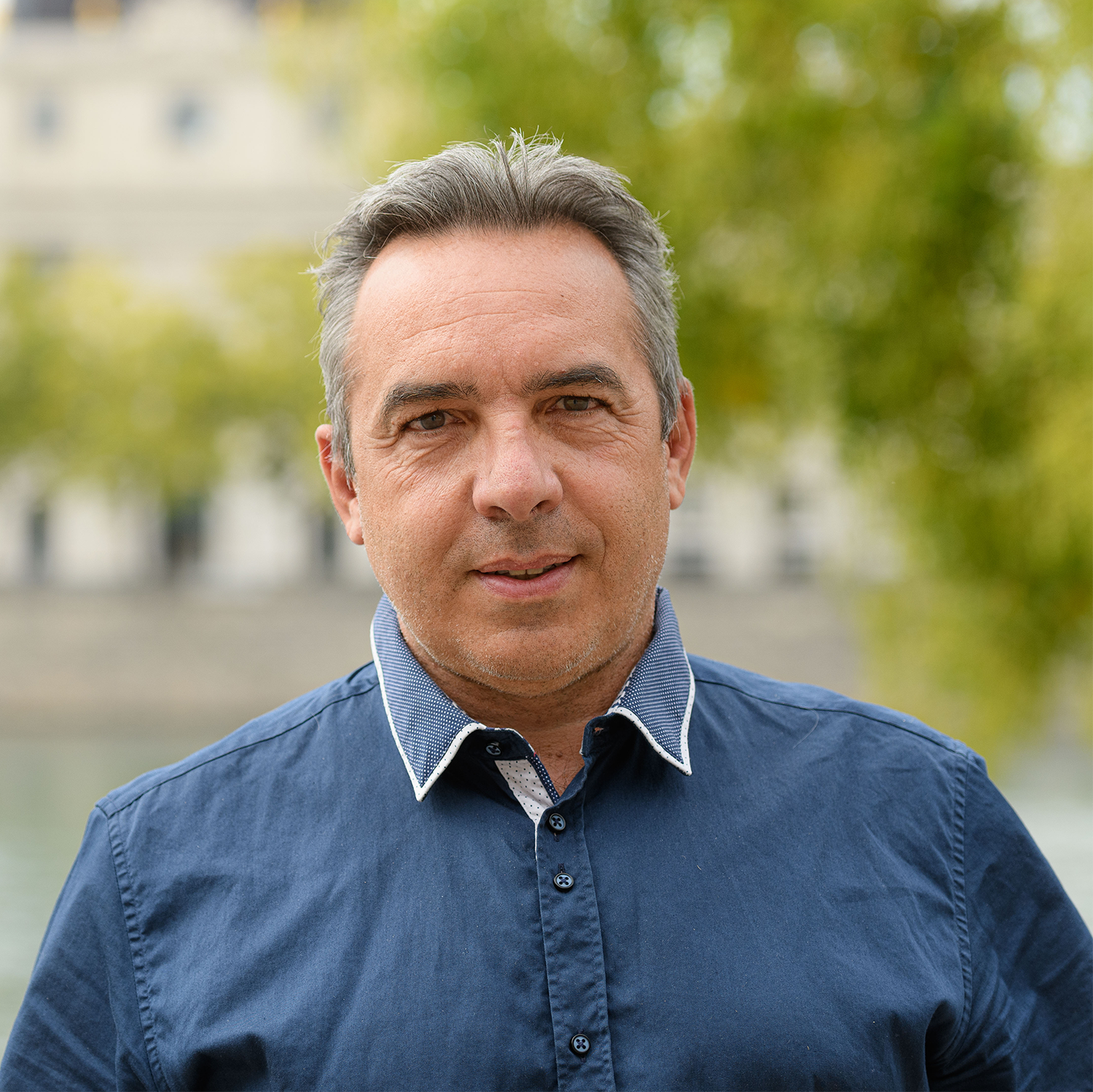
Frédéric Segur works on urban forestry policies in France for more than 30 years, first as private consultant, then for the Lyon Metropole authority where he has created the Trees and Landscape Department. This department is in charge of the city nature strategy, in particular with the “Tree Charter” that brings together more than 130 actors from the public, private and voluntary sectors. He has also recently developed the Lyon Metropole Canopy Plan, a territorial strategy to adapt the city to climate change.
Amanda Sturgeon
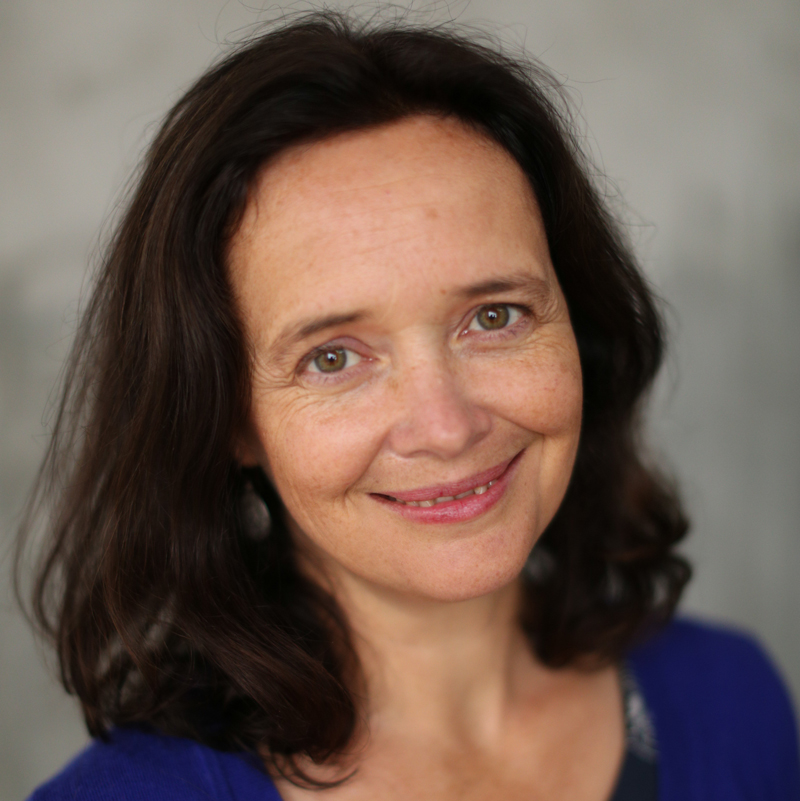
Amanda Sturgeon, FAIA is the CEO of Built by Nature, a network and grant-making fund dedicated to creating buildings that work in unison with nature. Previously, as the Regenerative Design and Climate Change Practice Lead at global consultancy firm Mott MacDonald, she brought regenerative design solutions to city scale projects across Australia and the Asia Pacific region. As the former CEO of the International Living Future Institute, she spent a decade creating regenerative frameworks such as the Living Building and Community Challenge programs, scaled the organization globally and created a global movement around Biophilic Design. Amanda is an award-winning architect, author of Creating Biophilic Buildings, a TED Speaker on Bringing Biophilic Design to Life and has an essay in the anthology All We Can Save: Truth, Courage and Solutions to Climate Change. In 2015 she was named as one of the top 10 women in sustainability with the Women in Sustainability Leadership Award and was elevated to a Fellow of the American Institute of Architects in 2014.
Margarida Tomé -2022
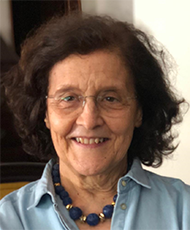
Margarida Tomé, Forest Engineer, is Professor at Instituto Superior de Agronomia, Universidade de Lisboa, where she teaches Forest Inventory, Forest Modelling and Forest Management. She coordinates the Forest Resources Inventory and Modelling Group (ForChange), one of the research groups of CEF (Forest Research Centre). The group has a strong focus on the transfer of knowledge to end-users by developing technological applications that might integrate and make useful the research results. Planted forests, with exotic or native tree species, have been an important research topic of the group. Conversioersidade de Lisboa, where she teaches Forest n to complex forests, ecosystem services, non-wood forest products and creation of resilient landscapes are among the more recent research interests. Margarida has been a close partner with EFI, as well as with IUFRO where she was Division IV coordinator for the period 2006-2014 and co-chair of the IUFRO Task Forces “Sustainable Planted Forests for a Greener Future” (2015-2019) and “Resilient Planted Forests Serving Society & Bioeconomy” (2019-present).
Antoni Trasobares
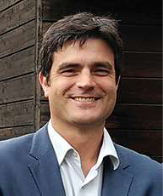
Antoni Trasobares is the General Director of the Forest Sciences Center of Catalonia (CTFC). He has Doctor in Forest Science and Economics degree from the University of Joensuu and Master in Forestry Engineering from the University of Lleida. His professional career has been related to research, technology transfer and applied projects in forest management and the environment in general. From 1999-2004, he worked in CTFC in the coordination of the Mediterranean regional project centre of the EFI. From 2004-2009, he worked in Foreco Technologies, a consulting company specializing on forest management planning and the management of environmental resources, developing various projects and the national and international level. From 2009-2013, he was working on the MOTIVE project, associated to the Institute of Terrestrial Ecosystems at ETH Zurich, focused on developing models and strategies to adapt forest management to climate change. Before returning to CTFC in 2016, he was appointed as General Director of Natural Resources and Biodiversity in the Ministry of Agriculture, Livestock, Fisheries, Food and Natural Environment of the Catalan Government (2013-2016), being responsible of various measures for promoting the bioeconomy concept in the Catalan forest sector.
Matilda Van Den Bosch
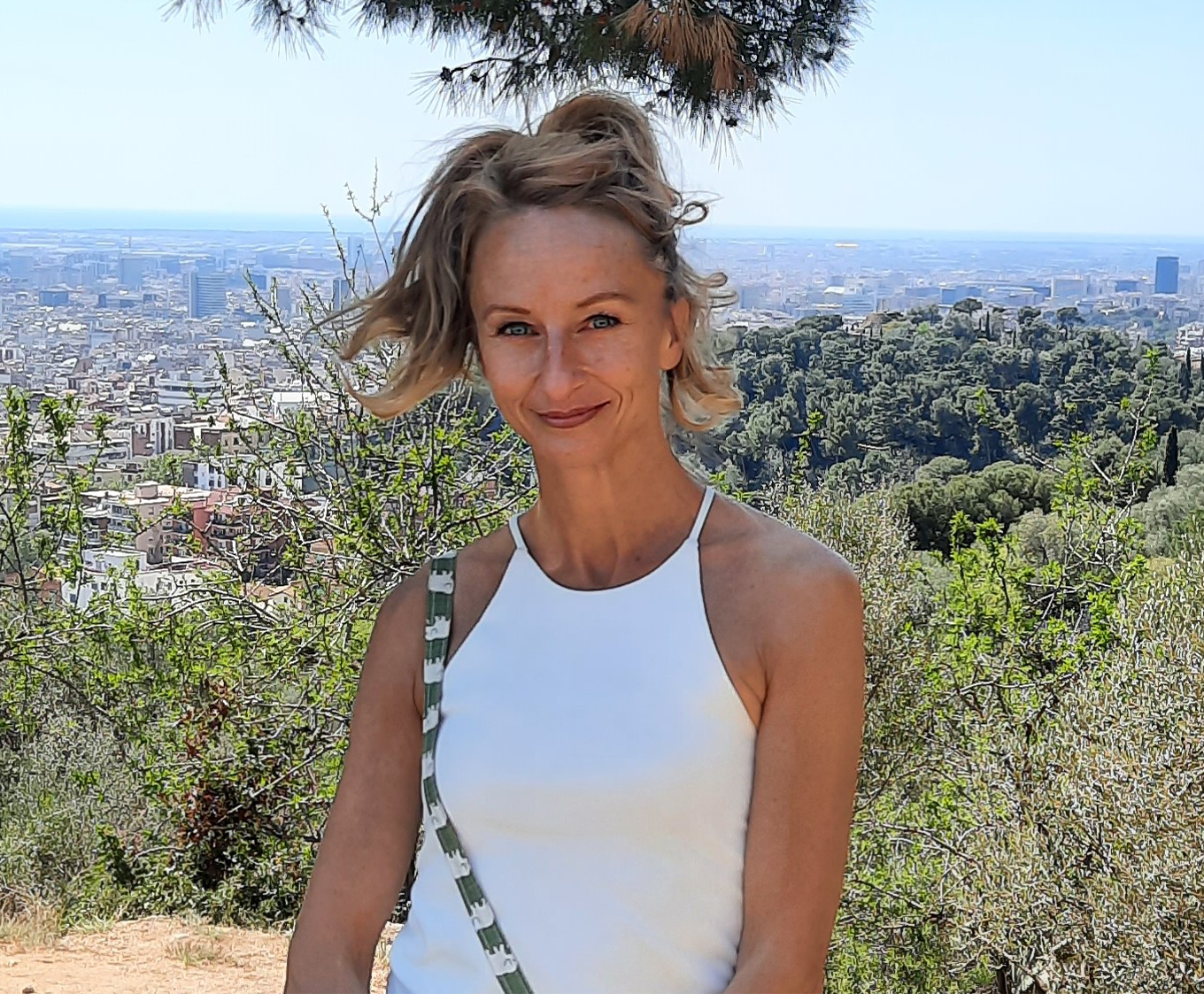
Matilda van den Bosch is a Senior Researcher at the Barcelona Institute for Global Health, Spain. She studies the impact of urban natural environments on human health, in particular childhood health and development. Her goal is to contribute to evidence-based policies that promote healthy environments for both humans and ecosystems. She is the primary editor of the Oxford Textbook of Nature and Public Health (2018) and has acted as advisor to, for example, FAO, WHO, and the UN Environmental Programme.
Andrej Verlič
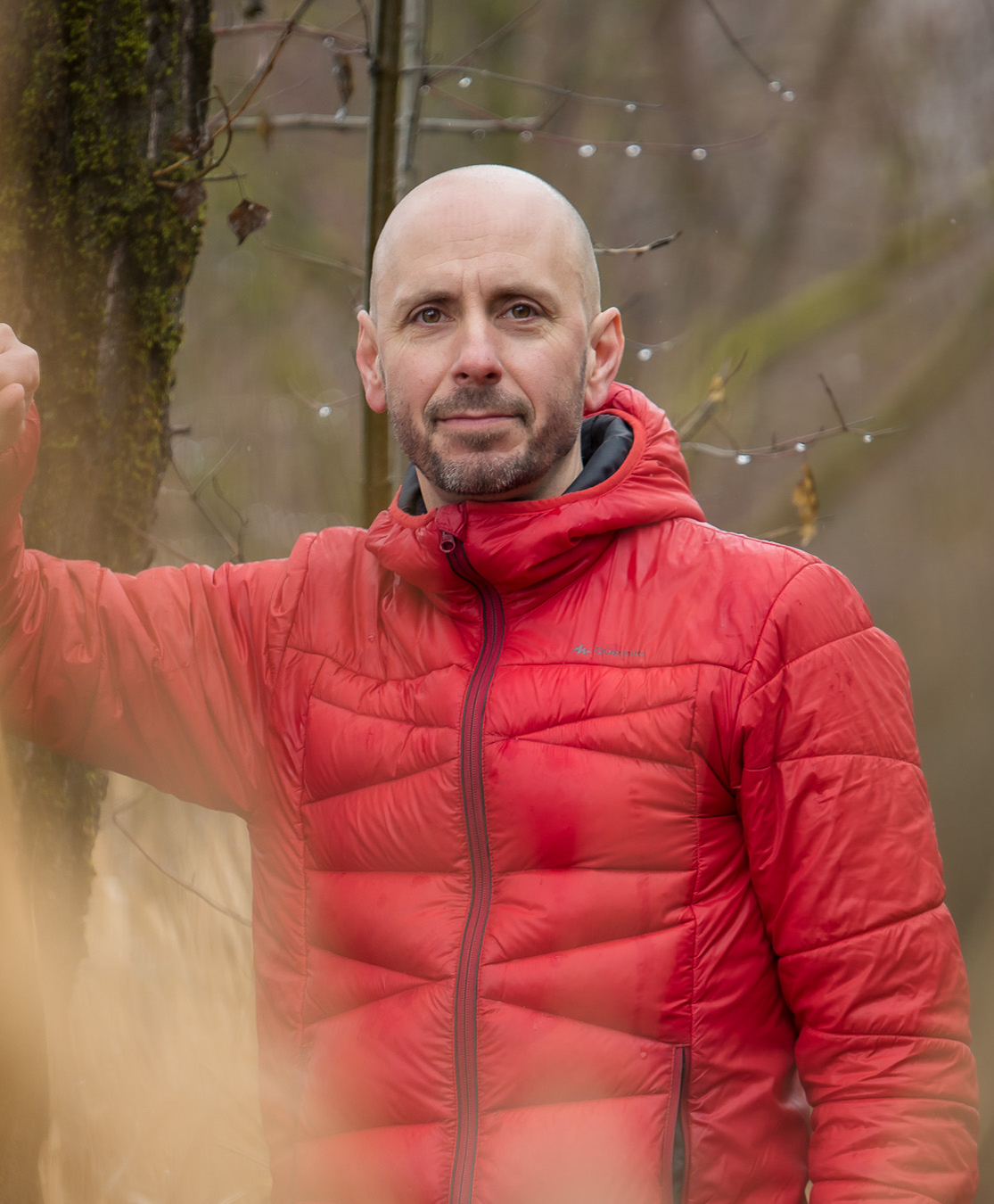
Andrej works as a senior nature conservation councilor at the Landscape park Tivoli, Rožnik and Šiška hill in Ljubljana, Slovenia. Prior to this, he worked as a research assistant at the Slovenian Forestry Institute, mostly focused on topics related to urban forestry and recreation in forests in and around urban areas. He holds a PhD in environment protection and is a member of the European Forum on Urban Forestry and an associated external member of the EUROPARC Periurban Commission.
Geoffrey West
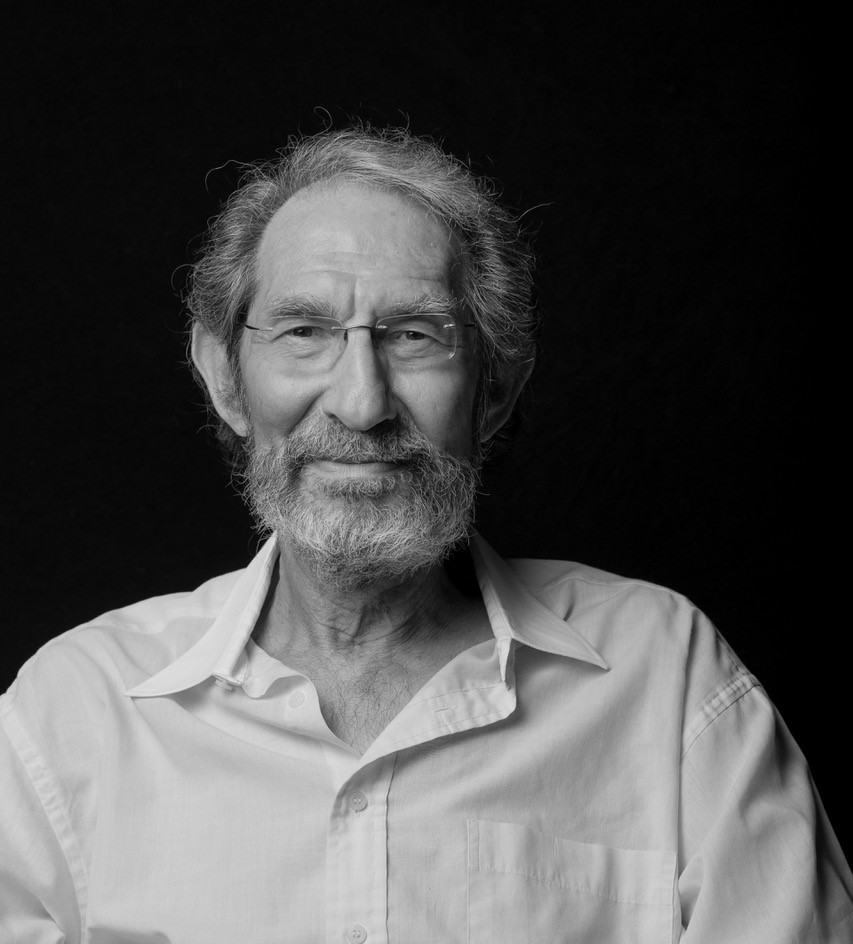
Geoffrey West is Shannan Distinguished Professor and former President of the Santa Fe Institute. He is a theoretical physicist with primary interests in fundamental questions ranging across physics, biology and the social sciences. His research includes metabolism, growth, mortality, sleep, innovation, cities and global sustainability. His work has been featured in numerous publications, podcasts and TV productions worldwide. He is the author of the best-selling book Scale and in 2007 was named to Time magazine's list of "100 Most Influential People in the World".